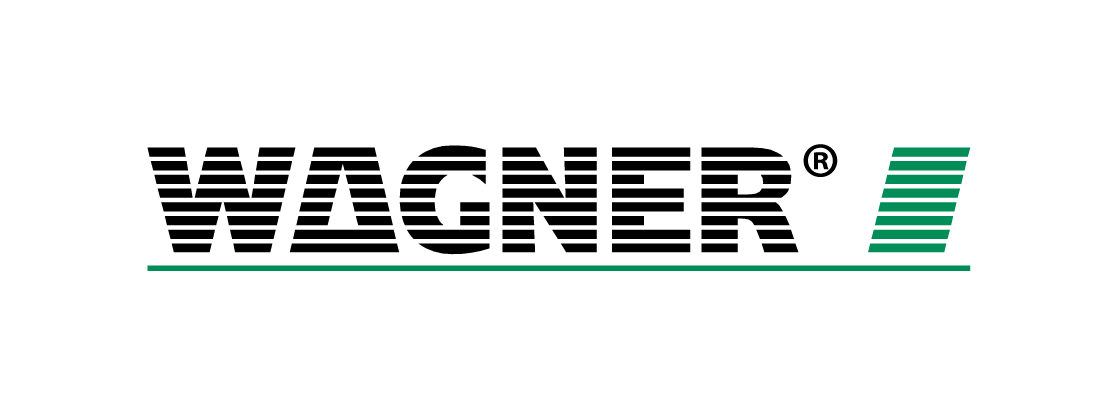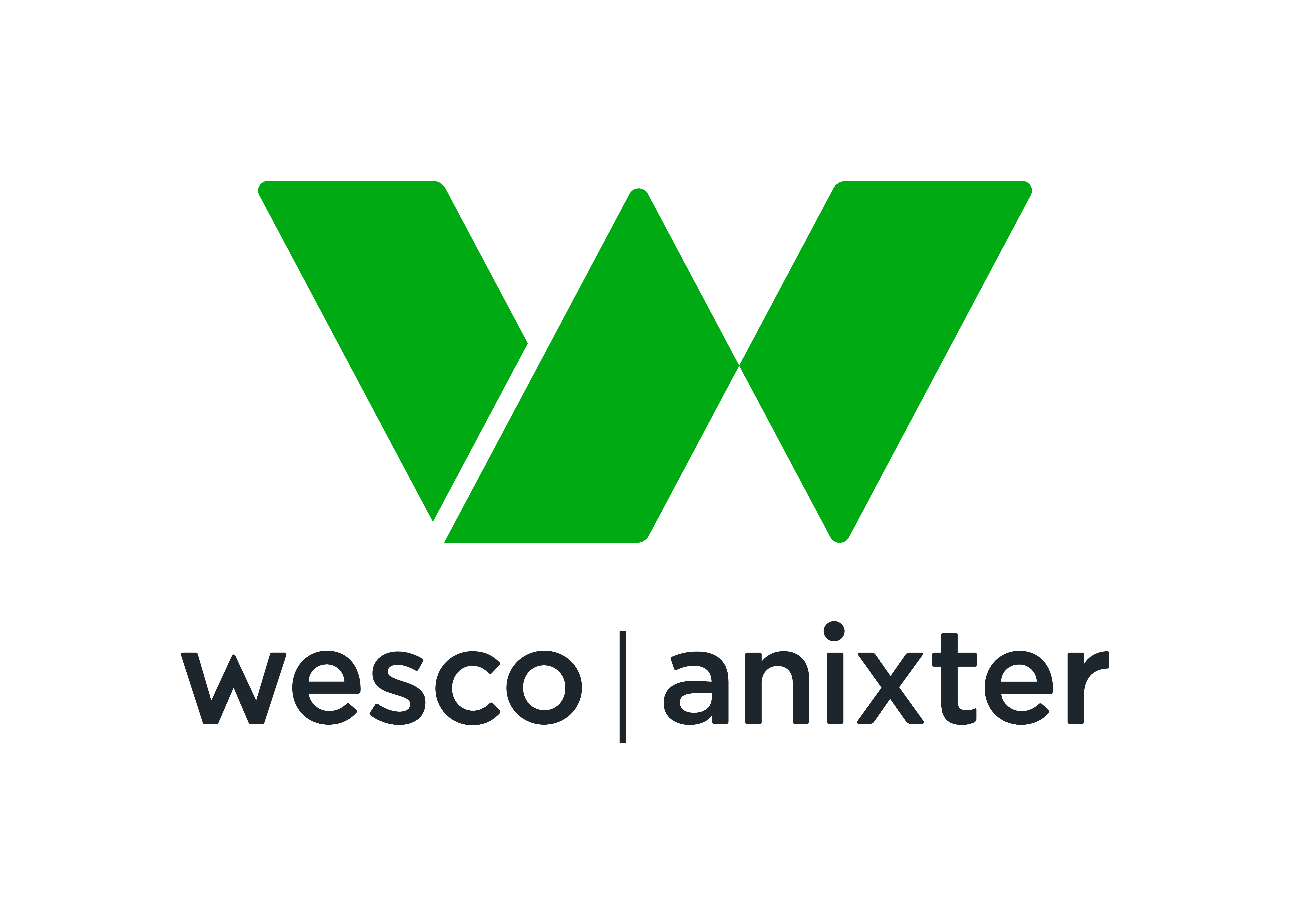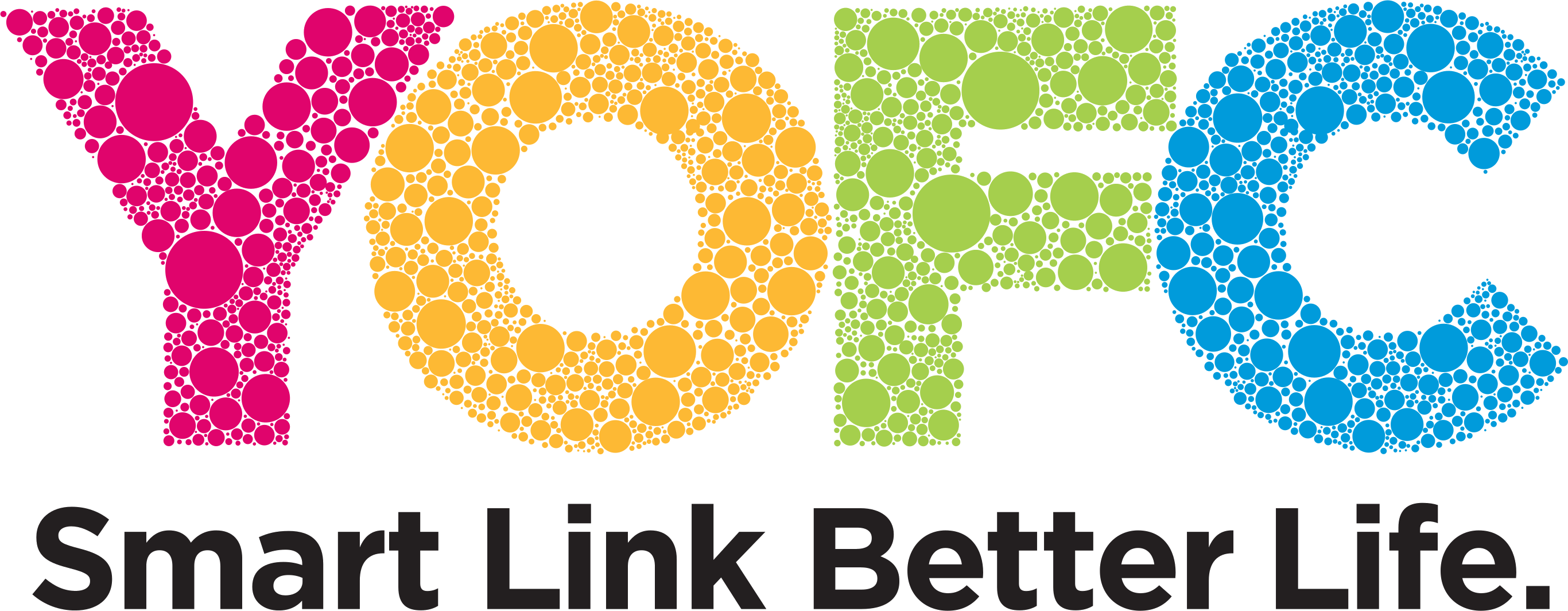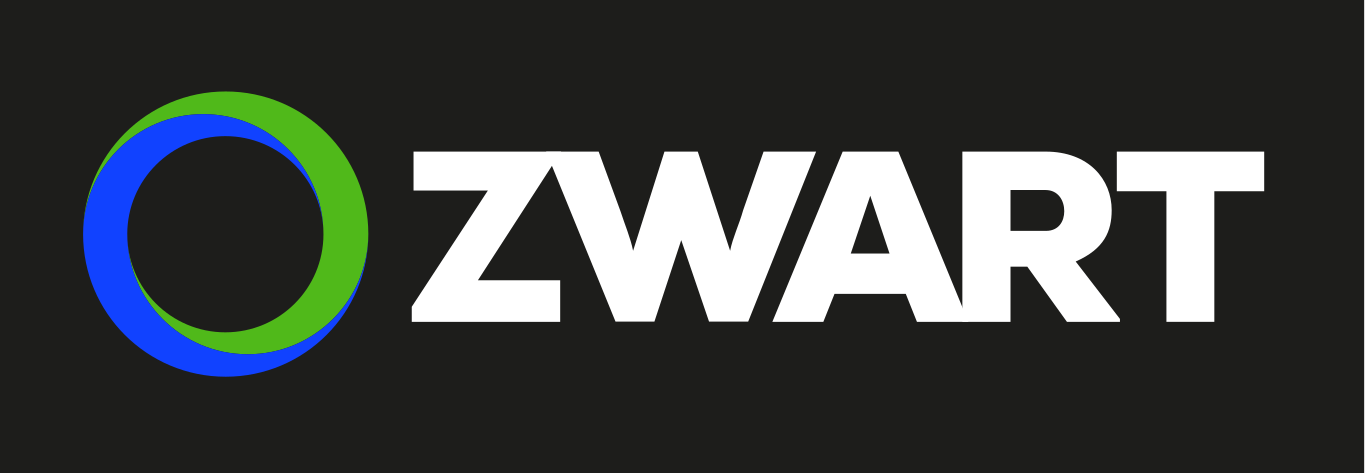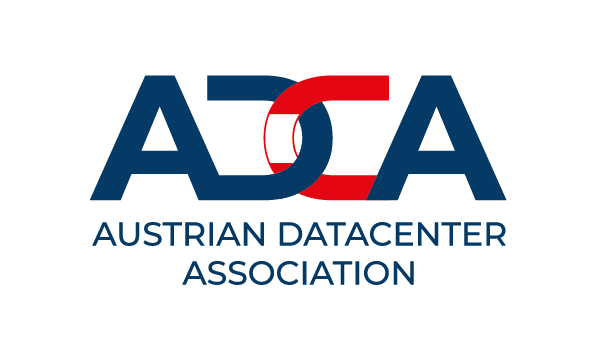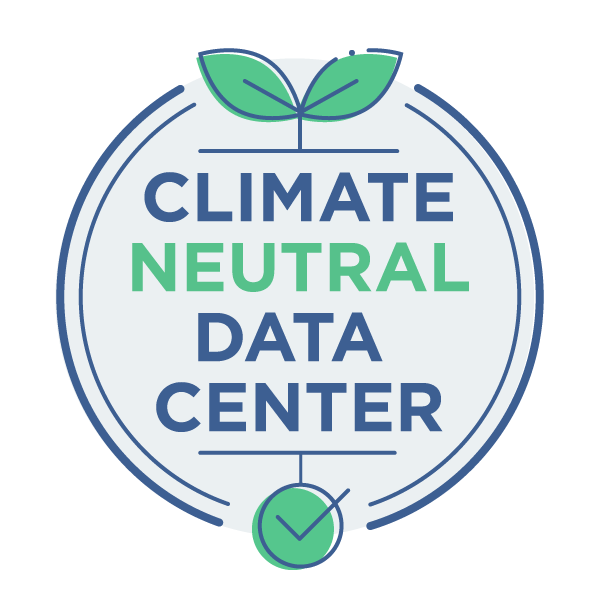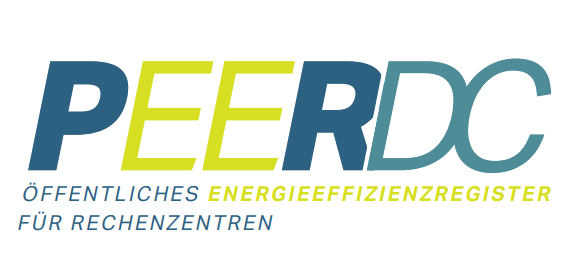GDA welcomes energy efficiency law – but need for improvement in the use of renewable energy and the use of waste heat
The first draft of a law to increase energy efficiency will soon be presented to the German cabinet. In the draft bill, the BMWK addresses data center operators with explicit requirements. In a statement, the German Datacenter Association (GDA) supports the plans to create a legal framework for increasing energy efficiency in data centers.
"The discussions with associations and industry representatives have contributed in terms of content and expertise in the sense of a more realistic implementation of the requirements," emphasizes Anna Klaft, chairwoman of GDA. For example, she says, the heat network operators' obligation to cooperate in the new draft is positive. "We now see the document as a good basis for further talks," Anna Klaft continues.
Criticism of use quotas for renewable energy and provision of waste heat
The industry naturally supports both more intensive use of renewable energy and the transfer of waste heat. However, GDA criticizes two requirements in the draft that cannot be implemented in this way. Specifically, these are the use quotas for renewable energies and the provision of waste heat.
"The fact that the industry's electricity requirements are to be covered ‘bilanziell' from renewable energies is a positive development; this passage also includes the purchase of green electricity according to the certificate of origin," says Anna Klaft. She points out that the industry already covers most of its needs with certified green electricity from regions of Europe blessed with hydropower or other renewable energies.
However, the draft law addresses data center operators with this obligation. Some colocation operators though, are obligated under special contracts to charge their customers the lowest price available on the electricity exchange. "In the long run and depending on the proportion of such customers, this is a significant loss-making business," Anna Klaft points out.
With regard to the waste heat generated by data centers, feeding it into the heat network mostly fails technically due to the lack of heat network infrastructure, the large temperature differences or the heat absorption capacity of any existing networks. Data centers require various criteria to provide digital infrastructures. Heat grids are often not in areas where the other criteria - such as enough electricity, fiber, distance from residential development, among others - are present.
The draft also fails to take into account seasonal variations between summer and winter. "You can only achieve an annual average by having to deliver almost double capacity in the winter months, because in the summer the demand for heat absorption by consumers will be minimal," Anna Klaft points out.
Suggestions for improving the holistic approach to waste heat utilization
For the integration of waste heat to be more successful, it requires a joint, holistic approach by municipalities, energy suppliers, and operators of heat networks and data center operators. Waste heat utilisation must be thought about and approached holistically. Each data center must be considered individually at its location. From GDA's point of view, it would make sense to first determine guideline values as part of a feasibility study, based on the few existing projects and their parameters, instead of prescribing rigid and arbitrary percentage values for waste heat output, as it's planned.
Data centers are a positive component of sustainable digitalisation
As a climate-conscious industry that has a vested interest in operating as energy-efficiently as possible, if only because of high electricity prices, the Association expressly welcomes the Energy Efficiency Act. It is also an active member of the Climate Neutral Data Centre Pact, which is working proactively with the EU Commission to co-regulate the industry.
GDA will actively and constructively support the further drafting process. "It should also not be forgotten that data centers are not only the heart and foundation of the digital society, but also provide the impetus for new business models and technologies such as Big Data, AI or IoT, as well as the only way to ensure data sovereignty in Germany," says Anna Klaft. She points out that data centers consequently play a strong impact for Germany as a business location.
Contact
GERMAN DATACENTER ASSOCIATION e.V.
Julia Niederwipper
+49 173 - 32 09 331
kommunikation(at)germandatacenters.com
Update
News of 12.6.2023: GDA comments on the EnEfG (DE)
GDA statement on the Energy Efficiency Law of 8.6.2023 as PDF (DE)

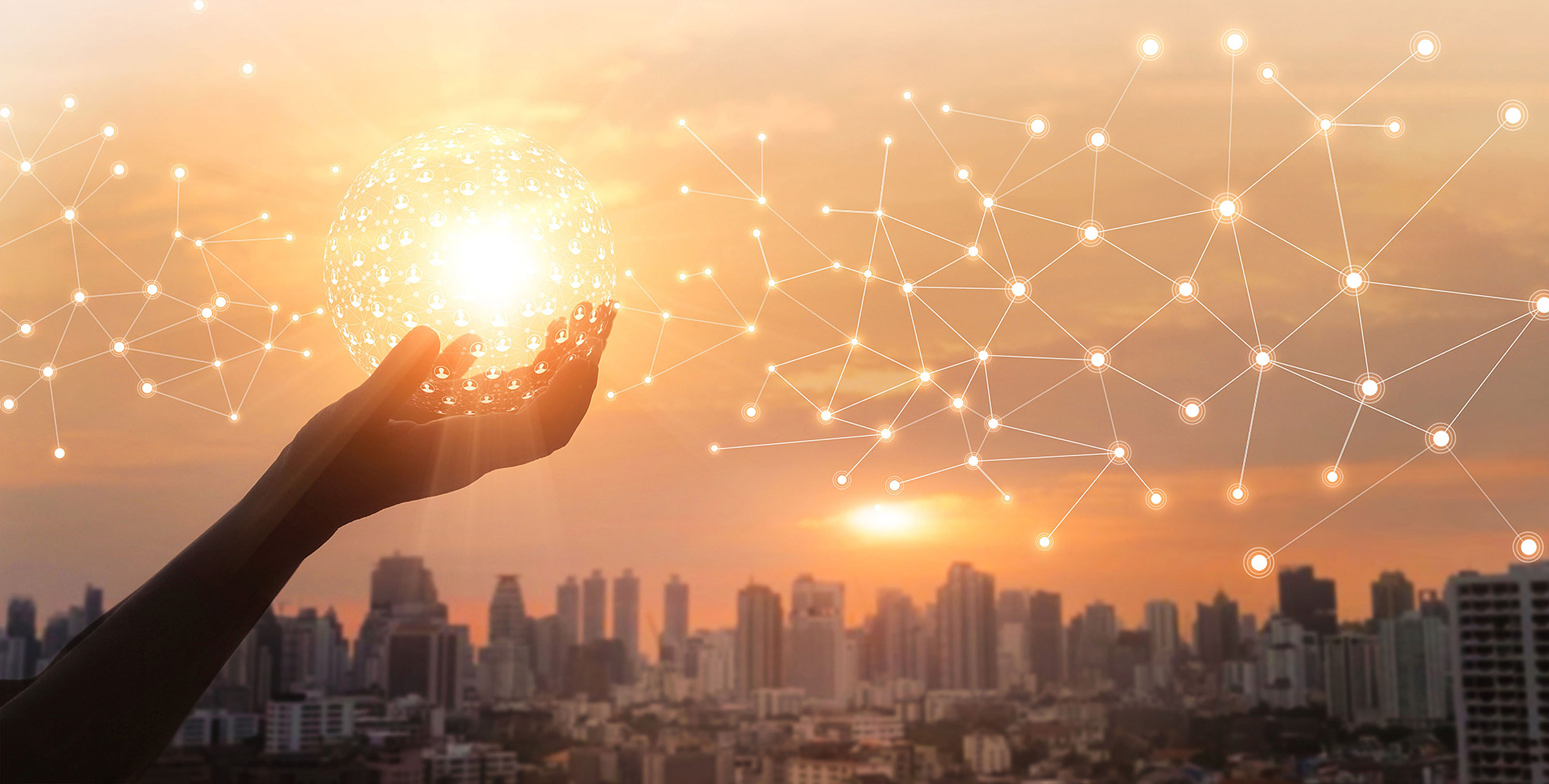

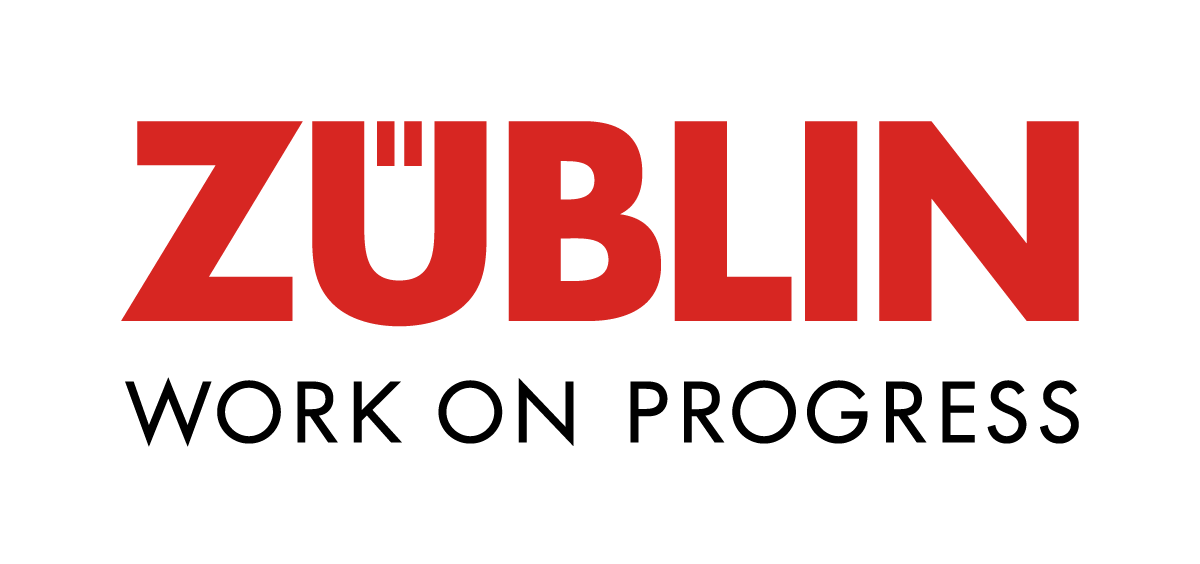





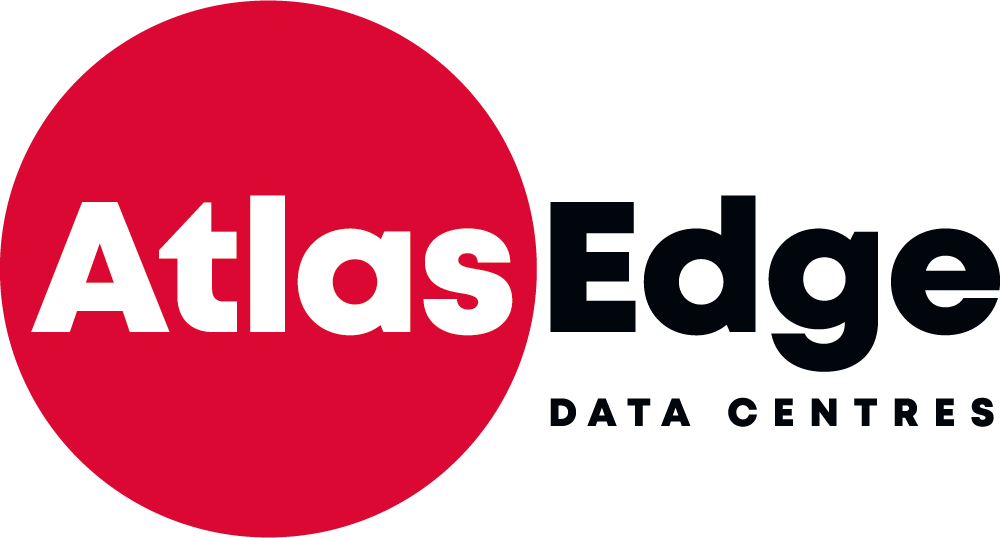

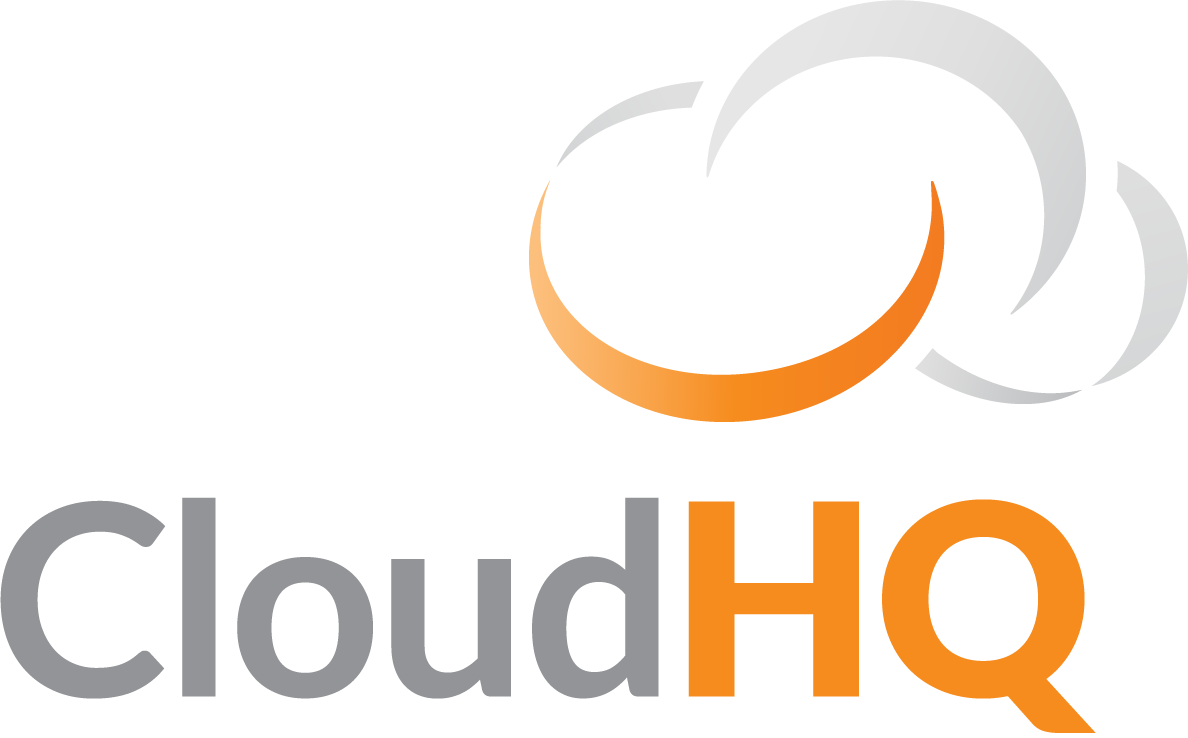
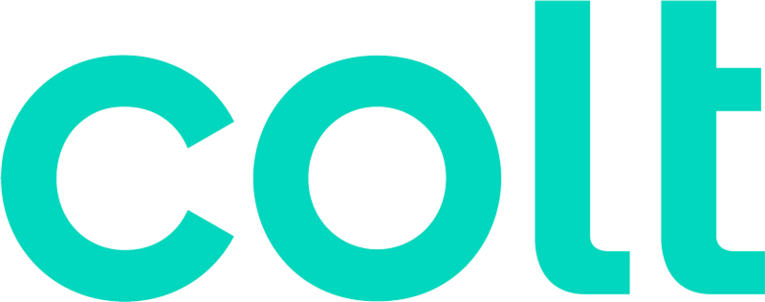
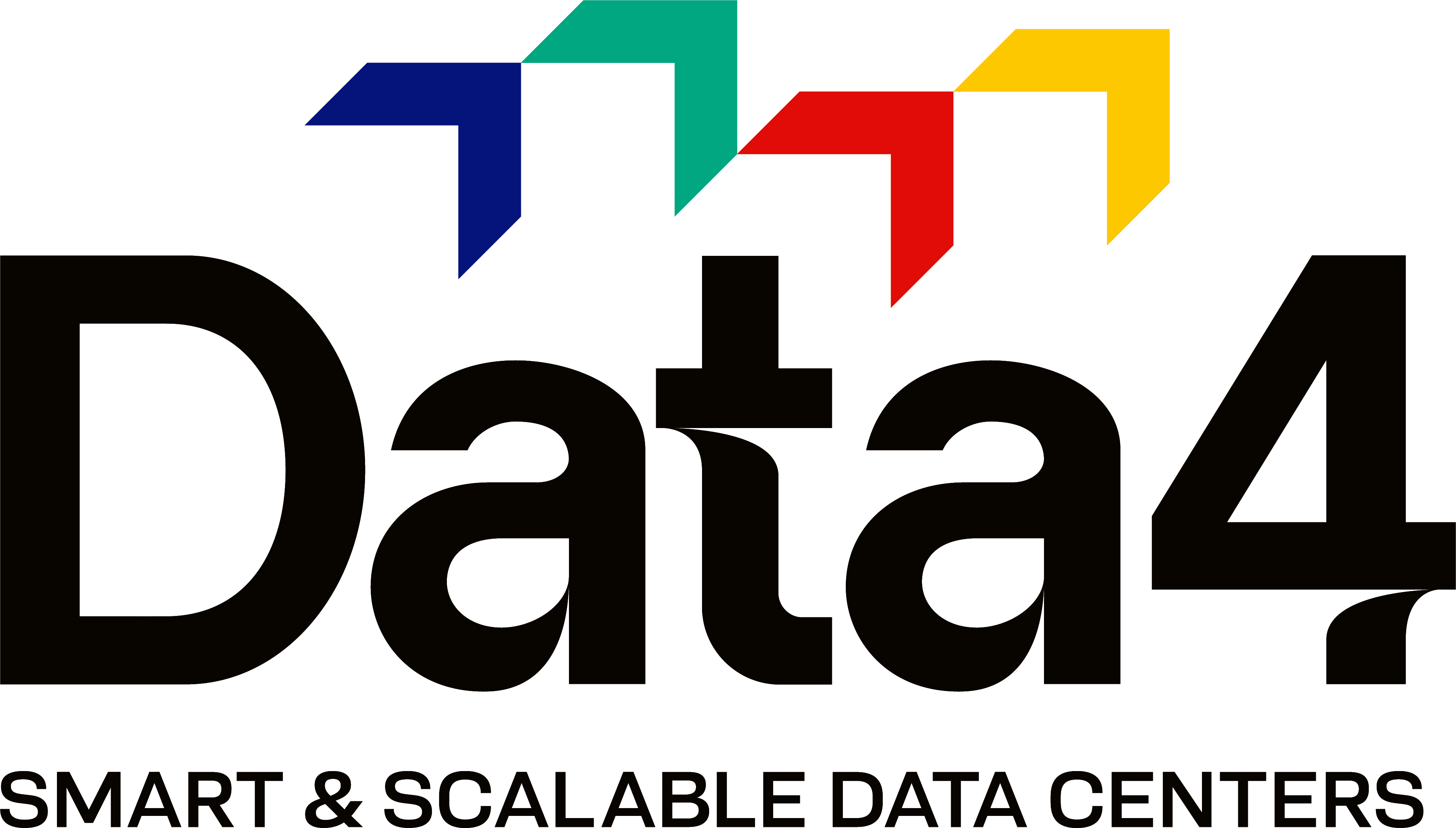





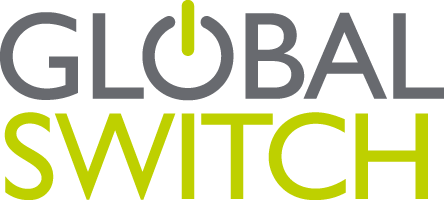


![[Translate to Englisch:] GRASS-MERKUR GmbH & Co. KG](/fileadmin/images/logos/GrassMerkur-1.png)
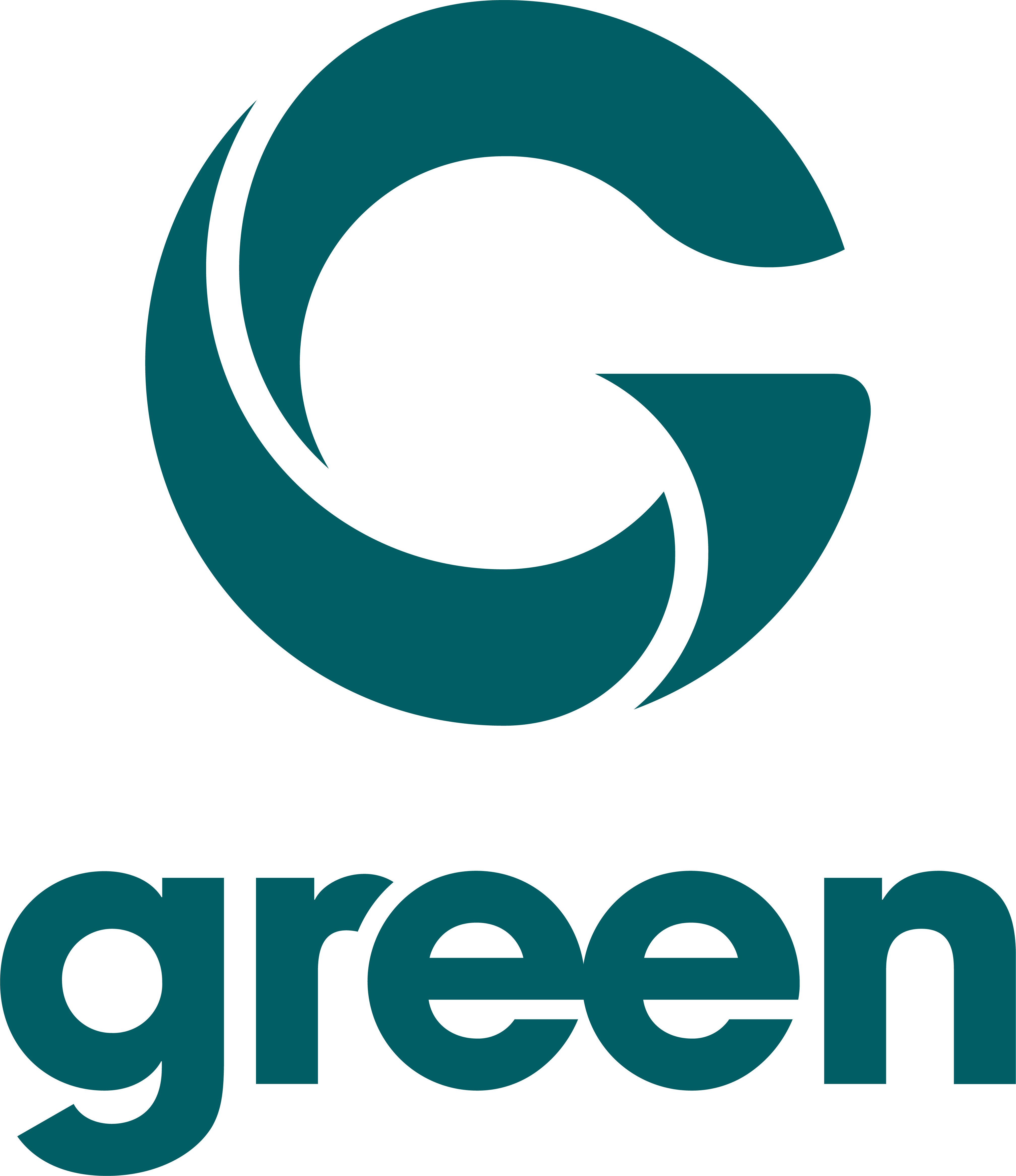

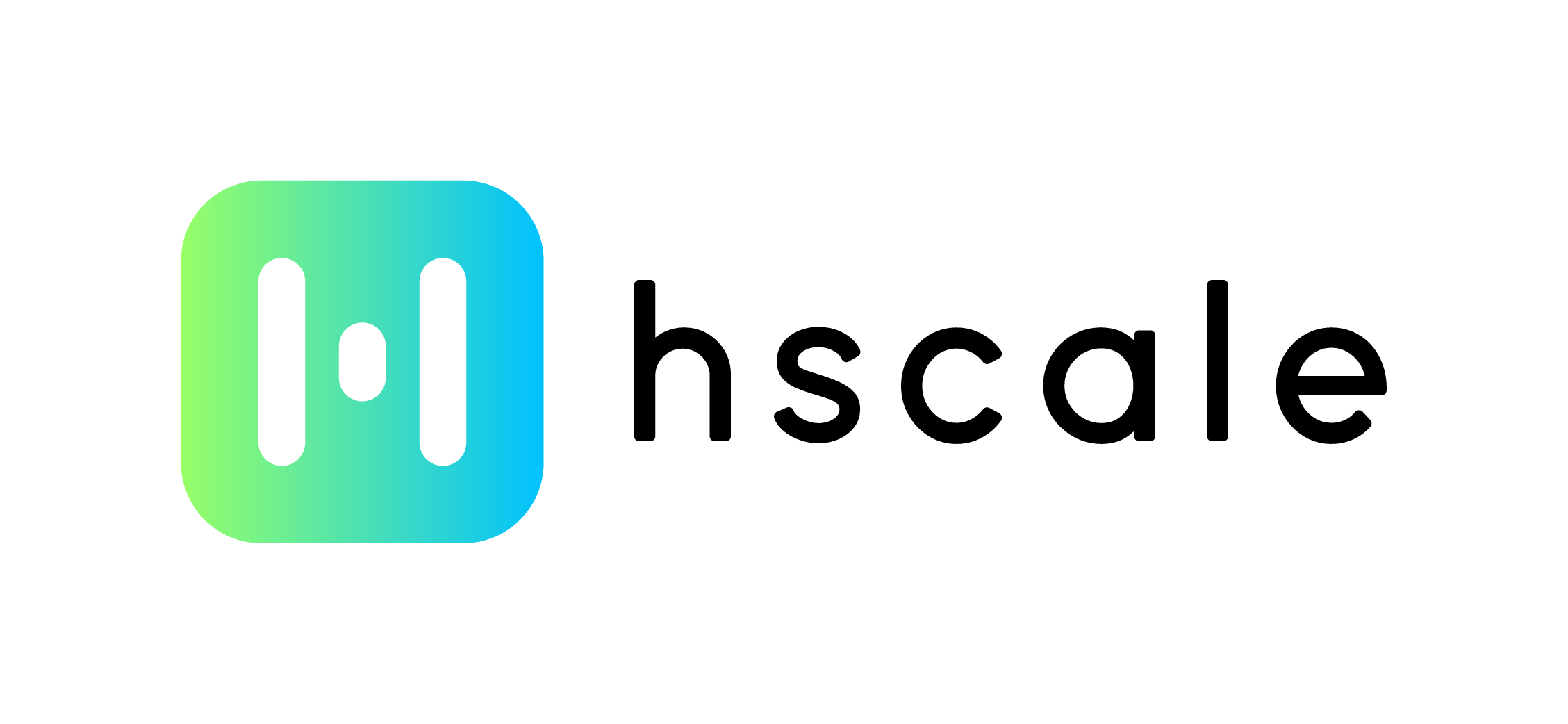


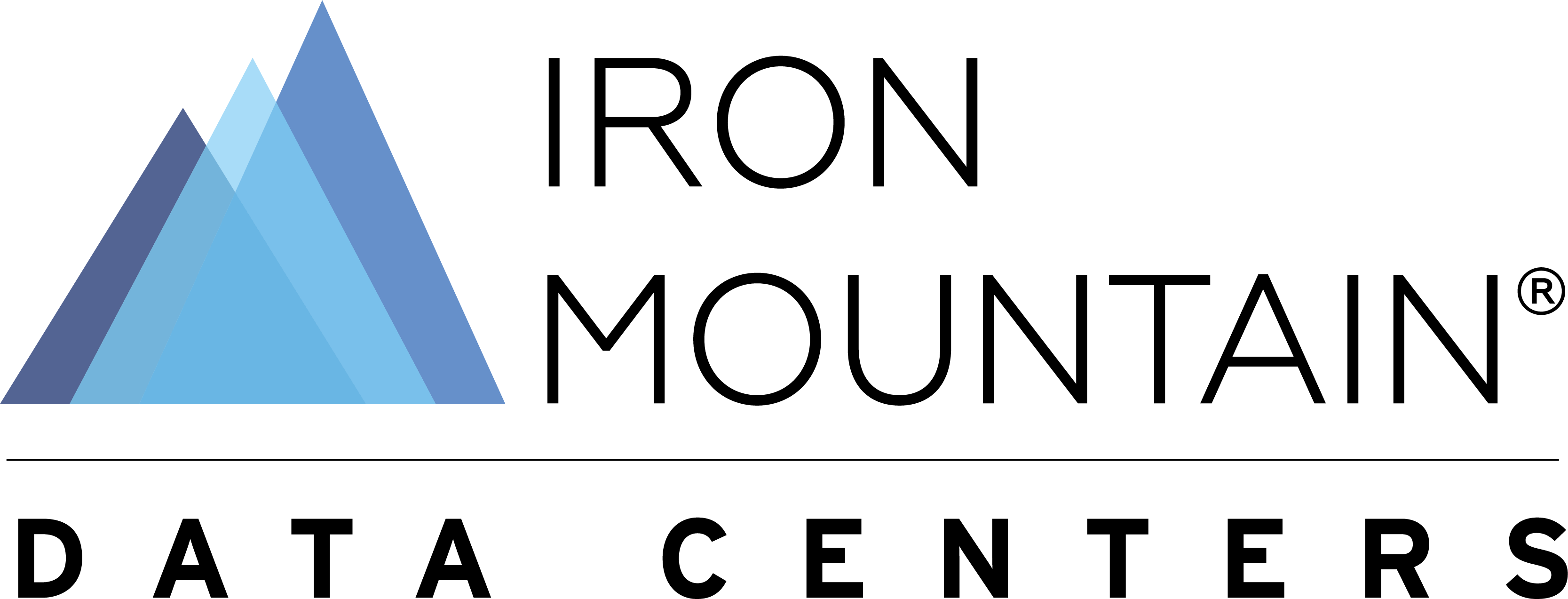
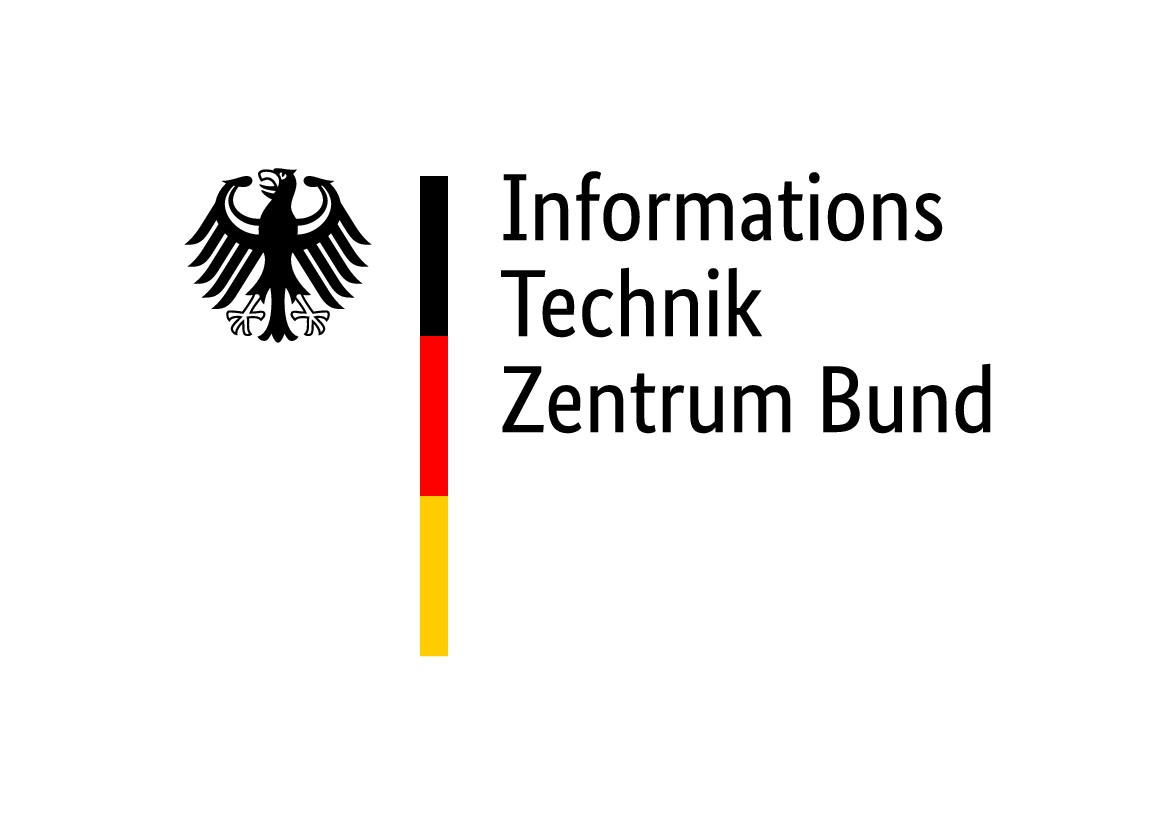

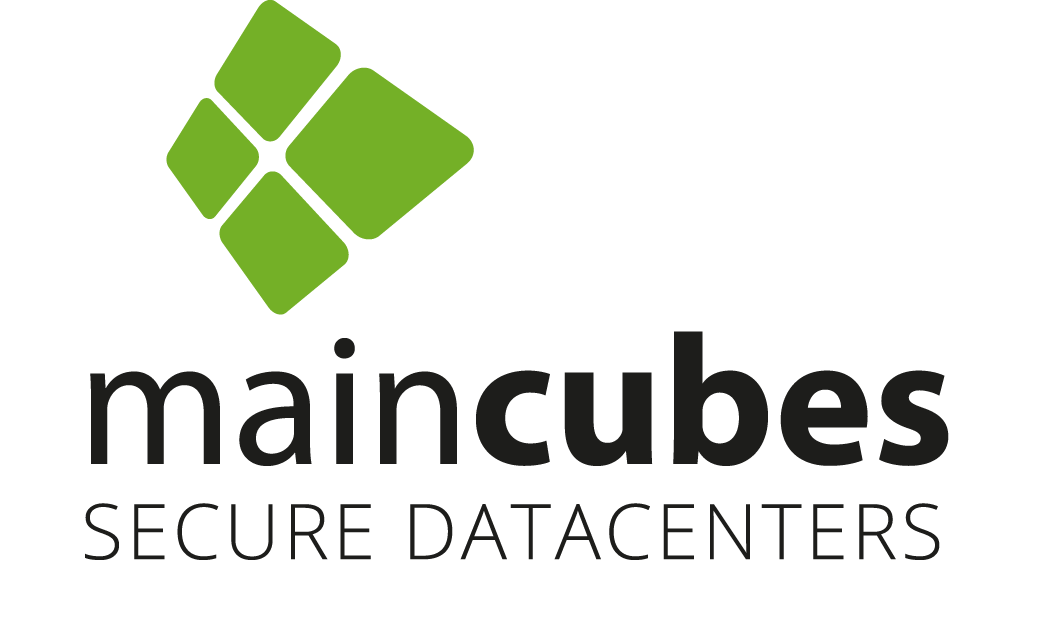
![[Translate to Englisch:] Mainova Webhouse GmbH & Co. KG](/fileadmin/images/logos/200917_MNV_WebHouse_RGB_pos.png)

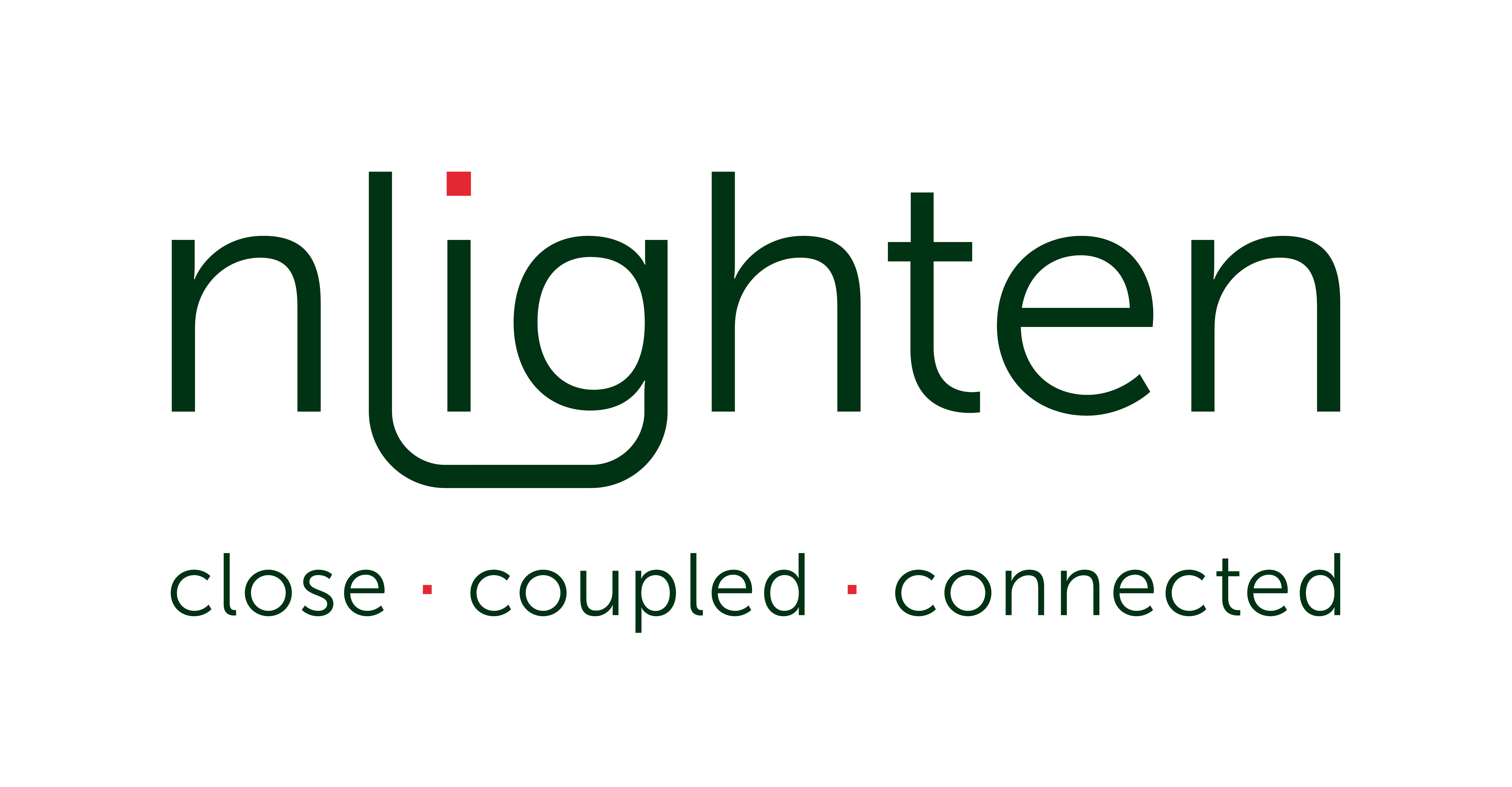





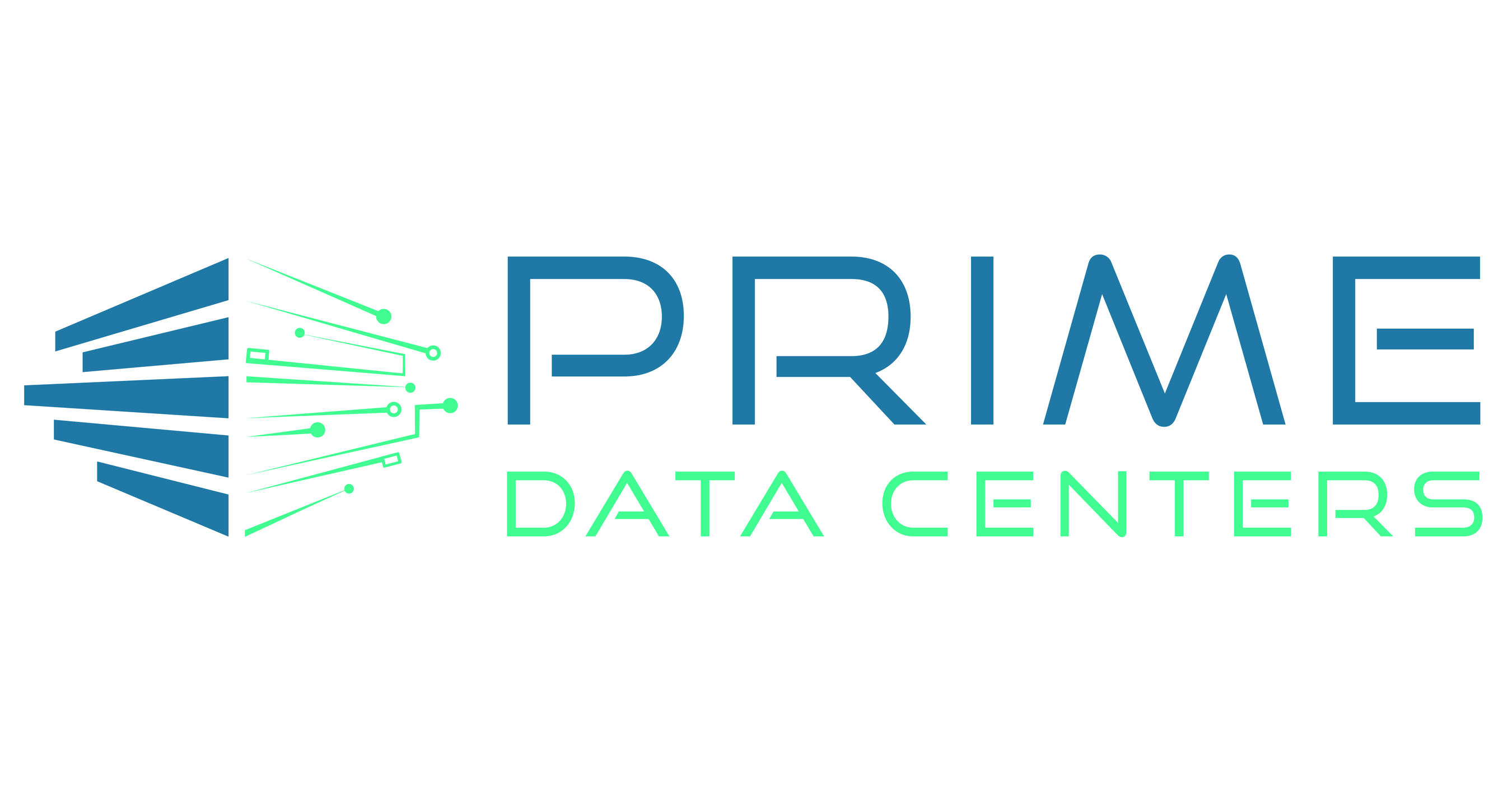

![[Translate to Englisch:] rockenstein AG](/fileadmin/images/logos/rockenstein.png)


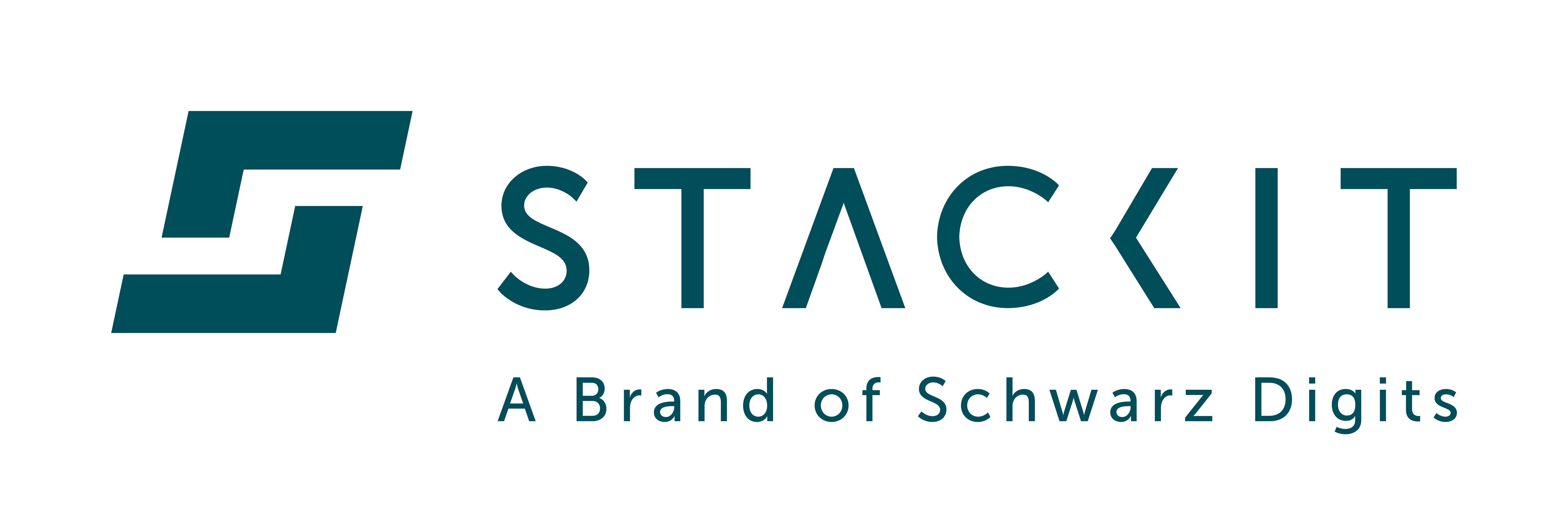
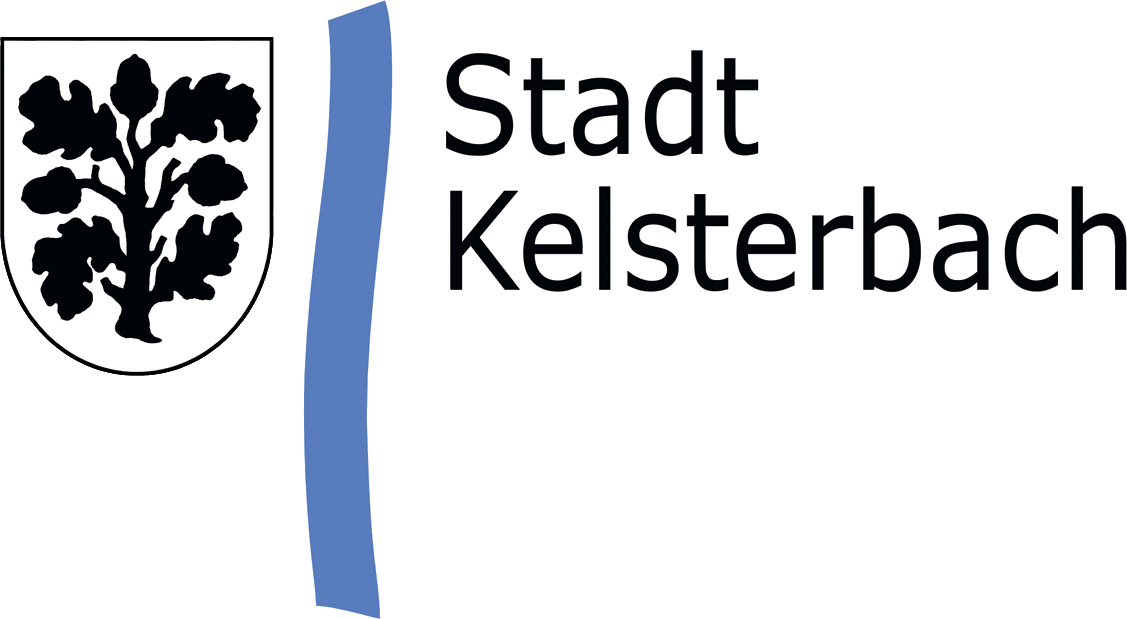
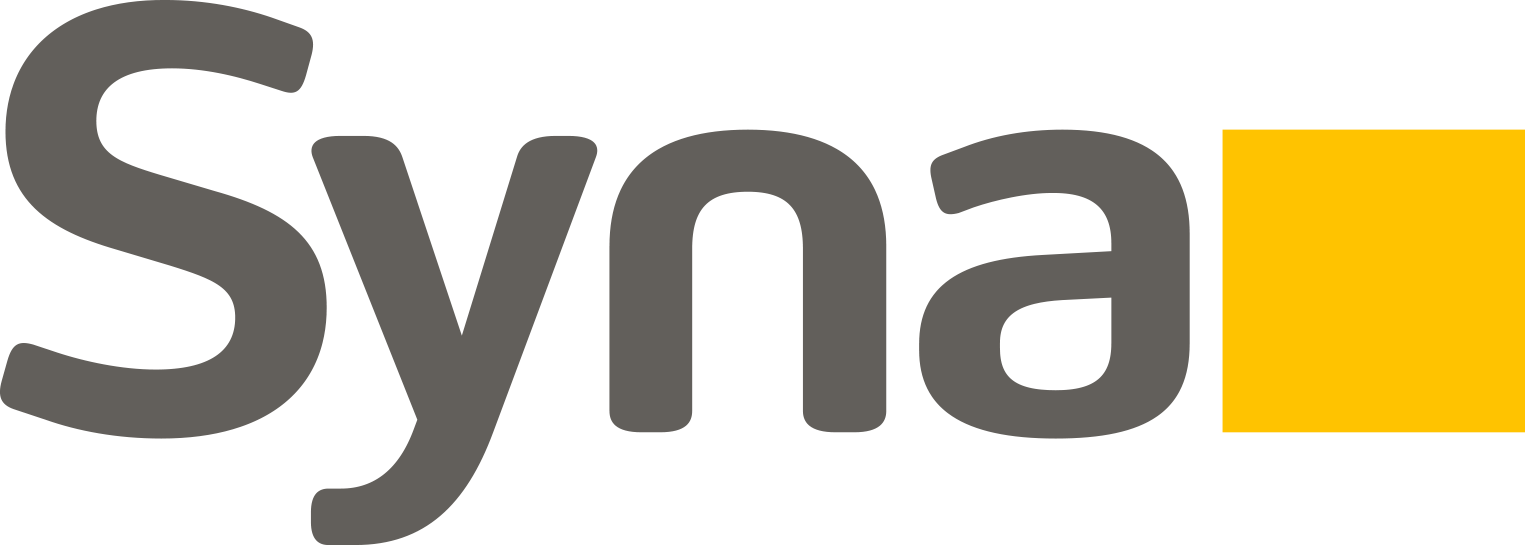
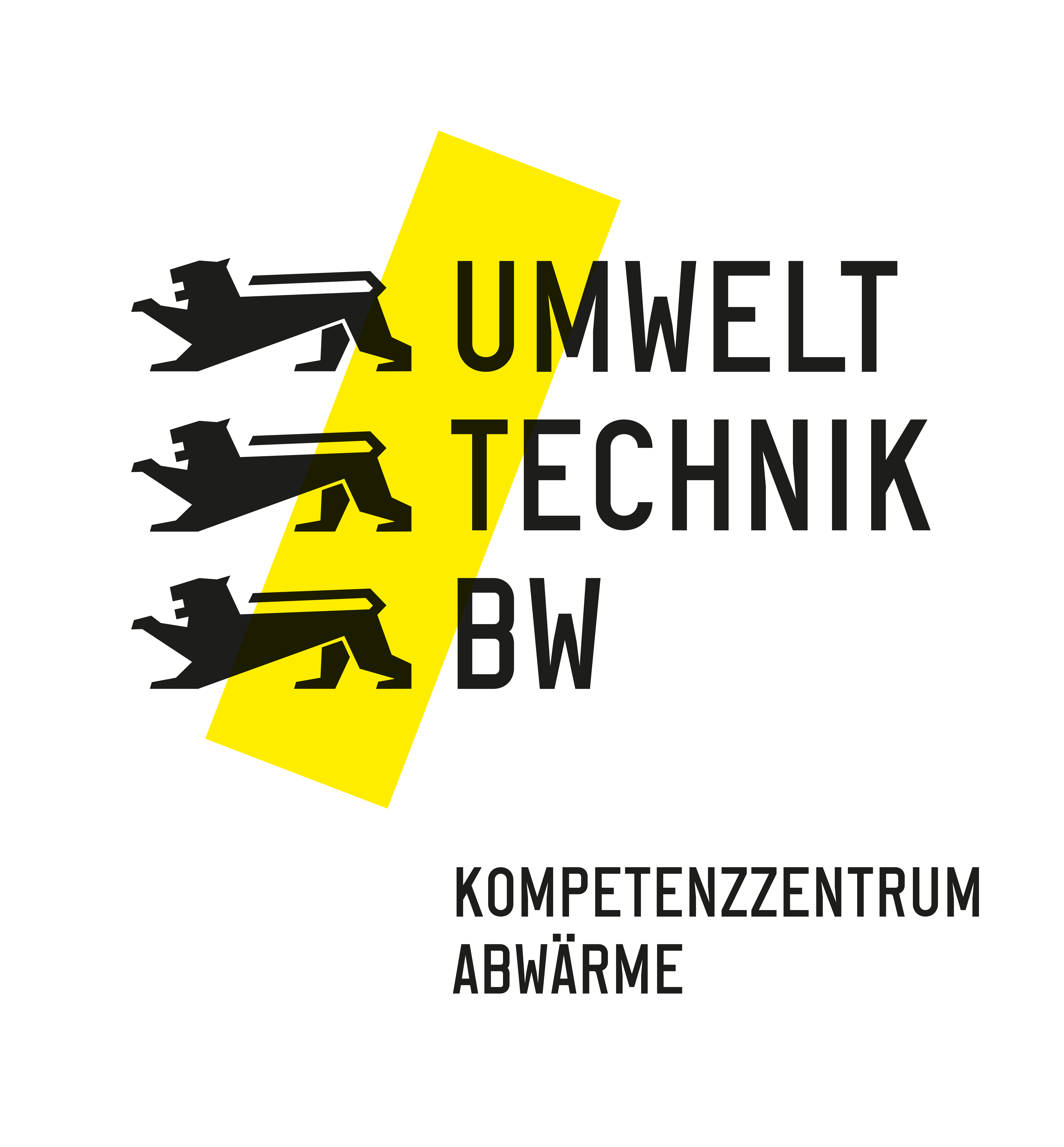
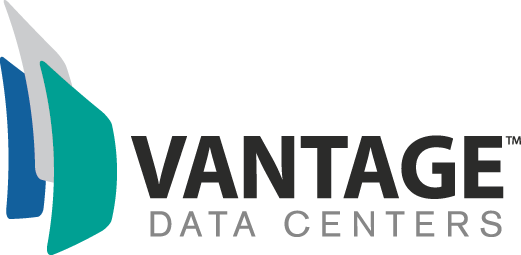
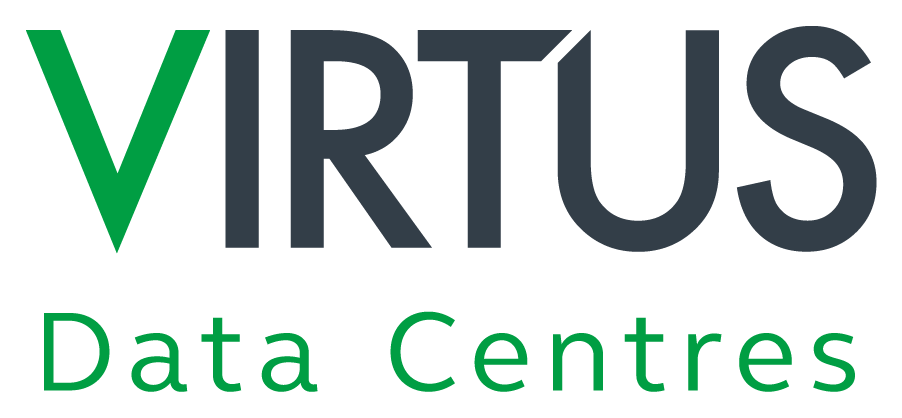

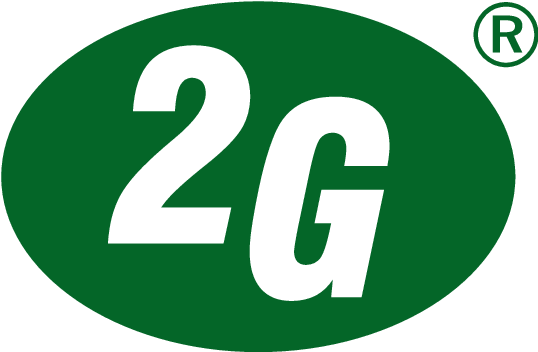

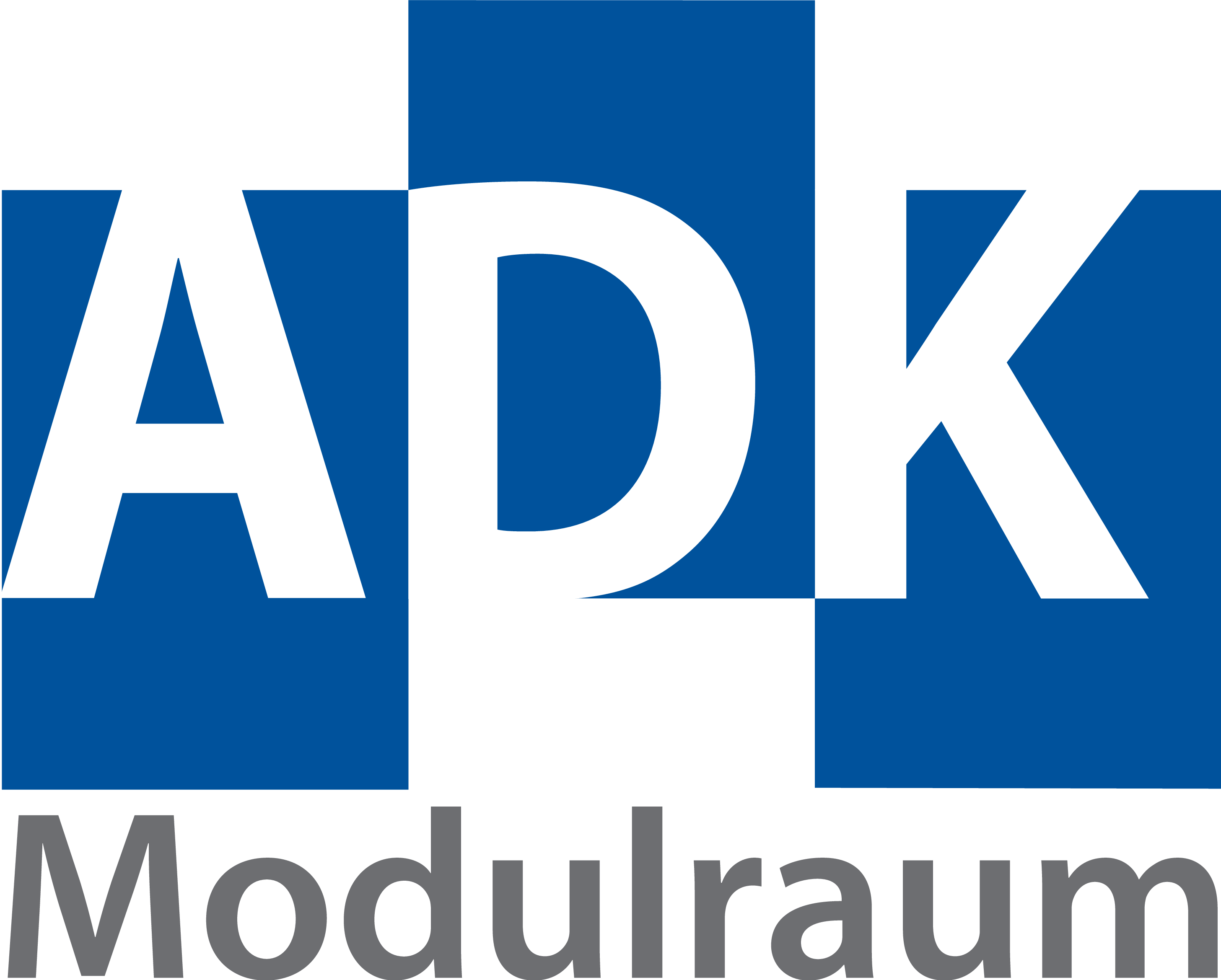
![[Translate to Englisch:] Adolf Lupp GmbH + Co. KG](/fileadmin/images/logos/Lupp-Logo.png)





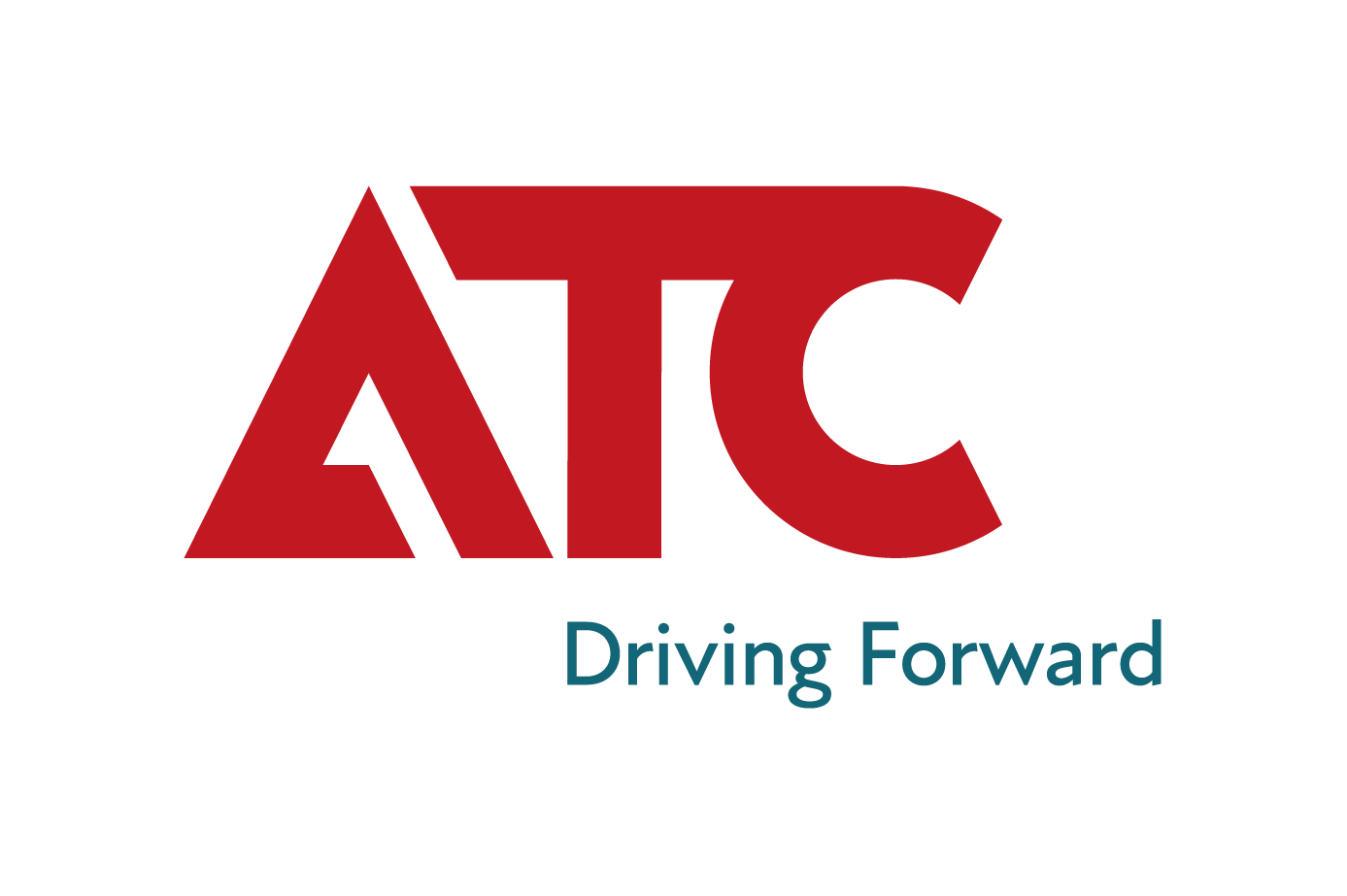



![[Translate to Englisch:] Bennbrooke](/fileadmin/images/logos/Benbrooke.png)

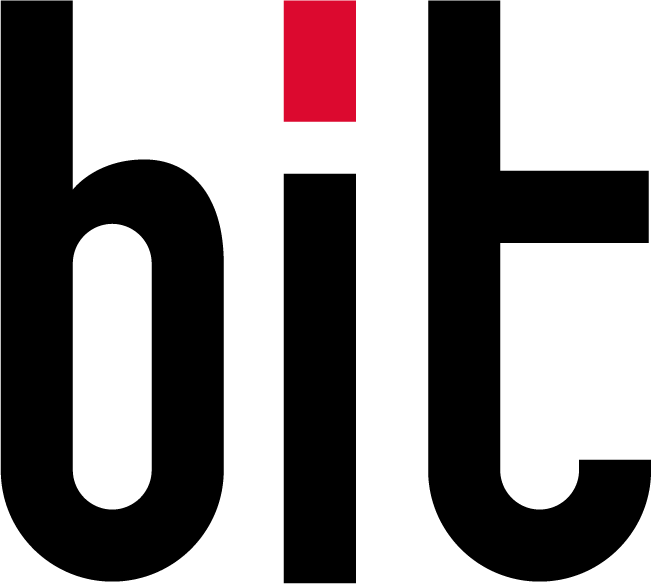


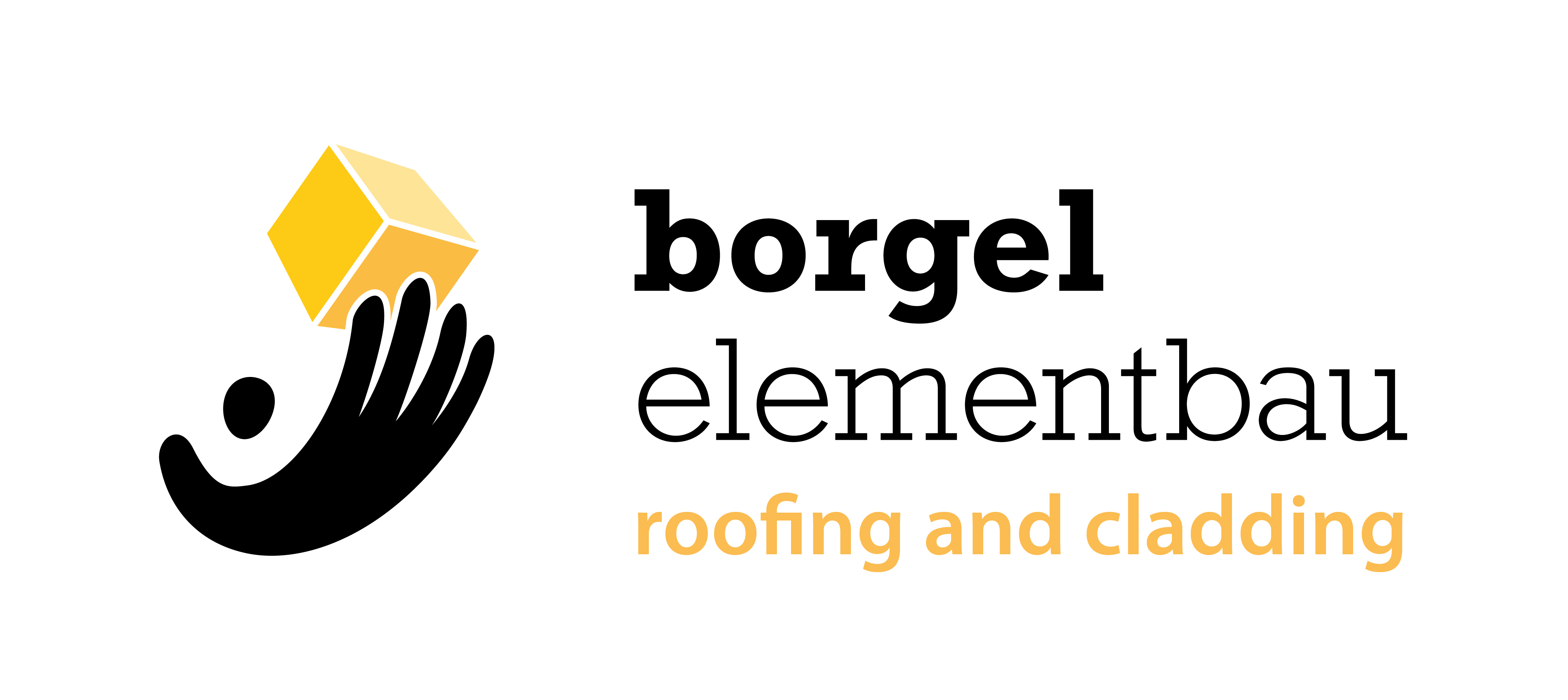

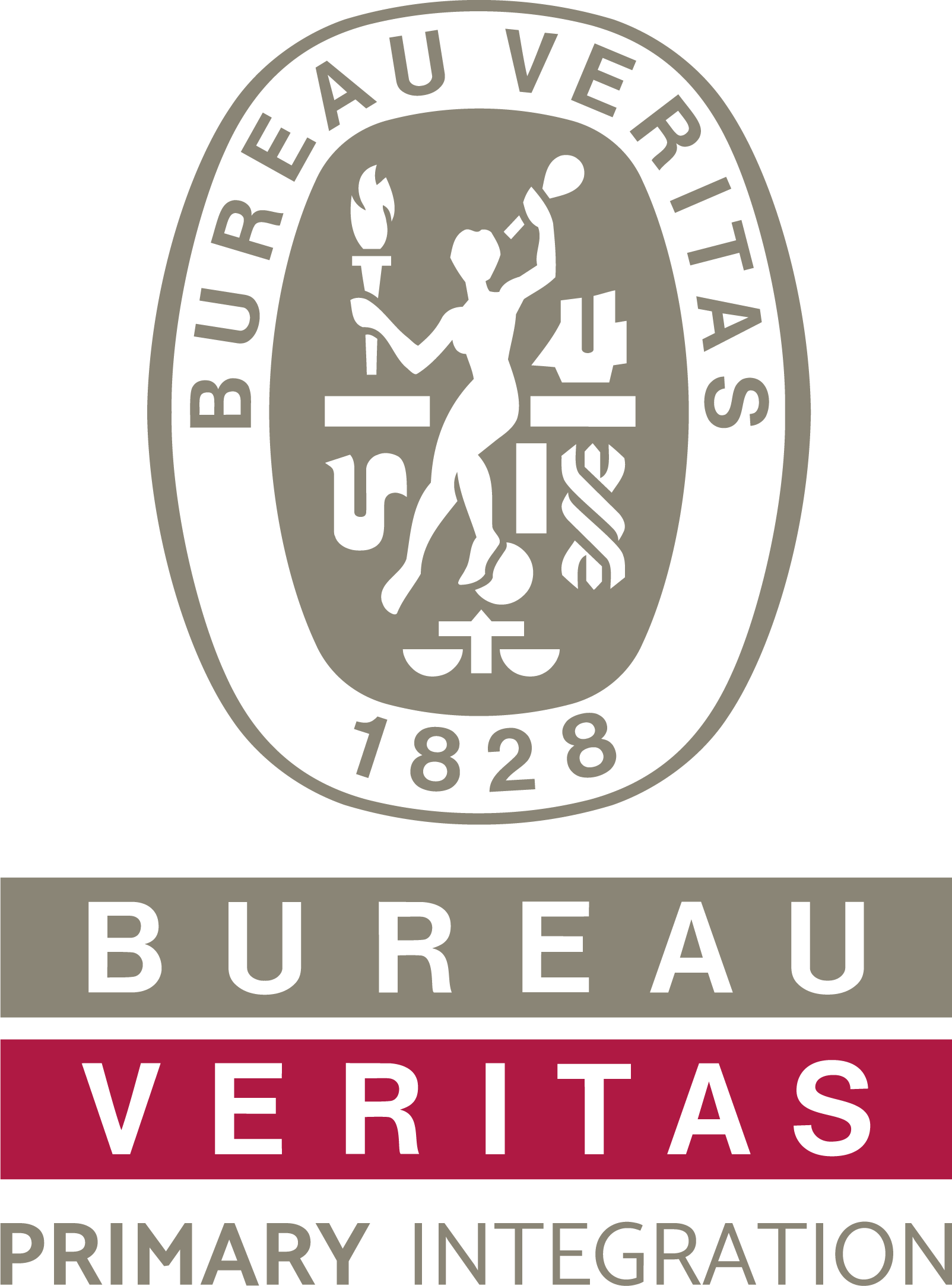

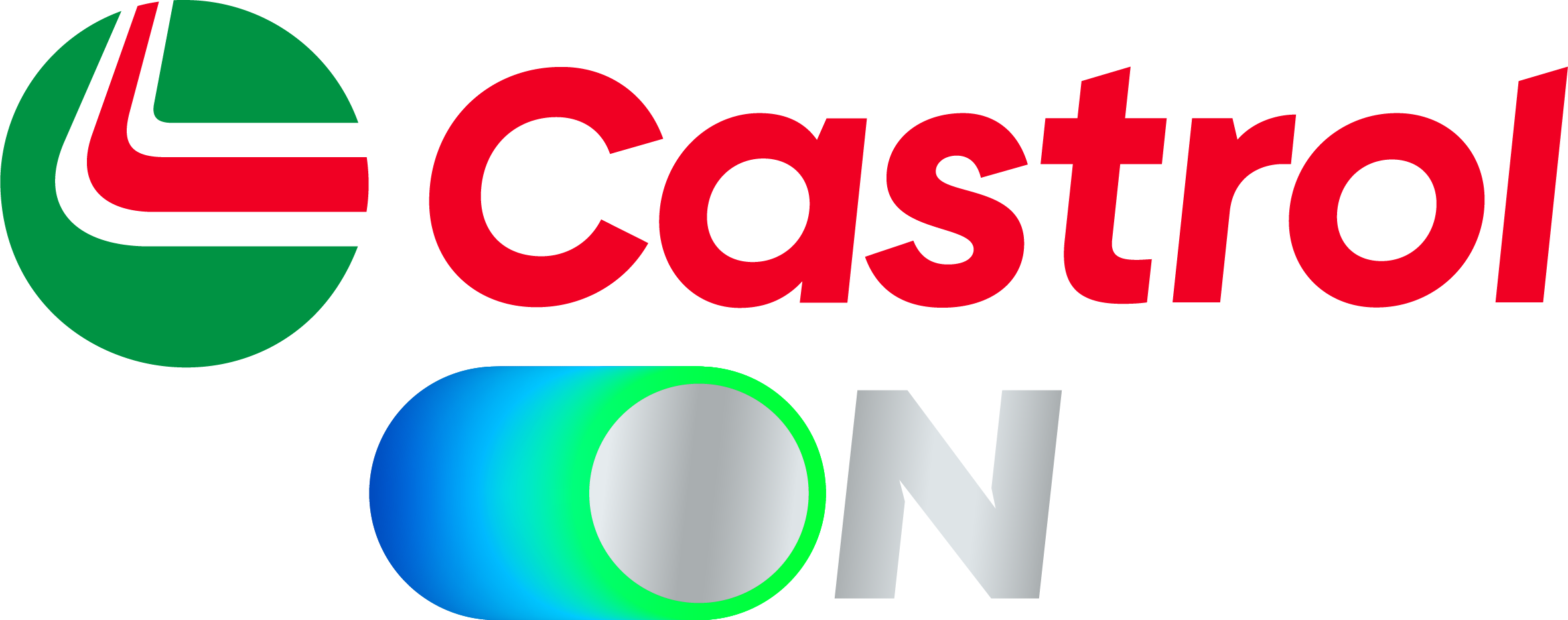





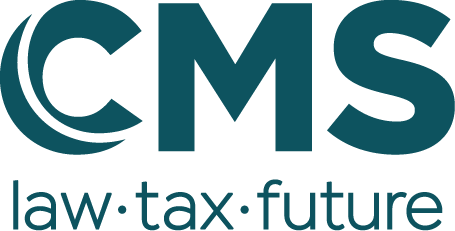
![[Translate to Englisch:] contagi DIGITAL IMPACT GROUP GmbH](/fileadmin/images/logos/contagi_logo.png)
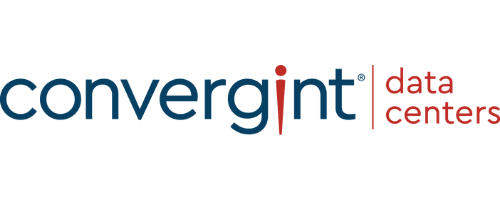
![[Translate to Englisch:] COOLtec Systems GmbH](/fileadmin/images/logos/__COOLtec-Logo-farbig.png)




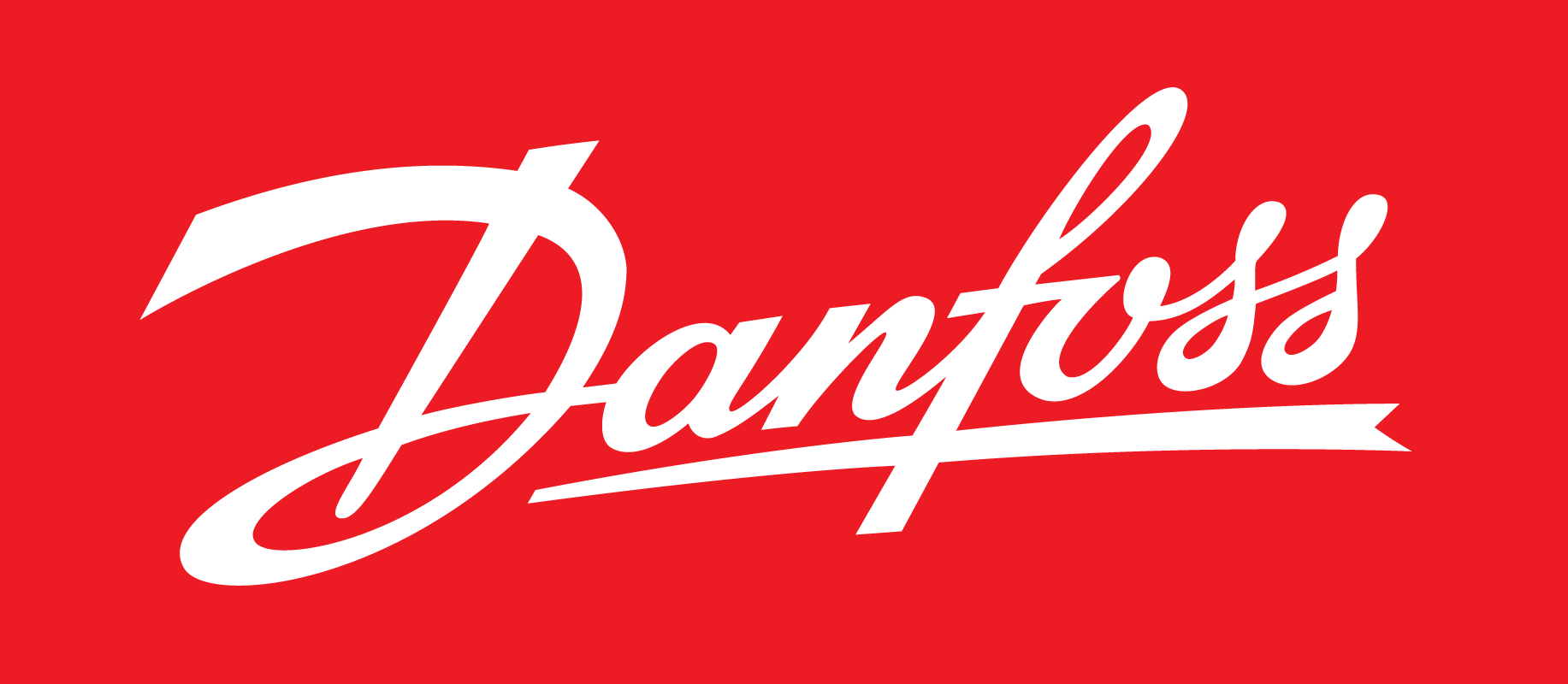


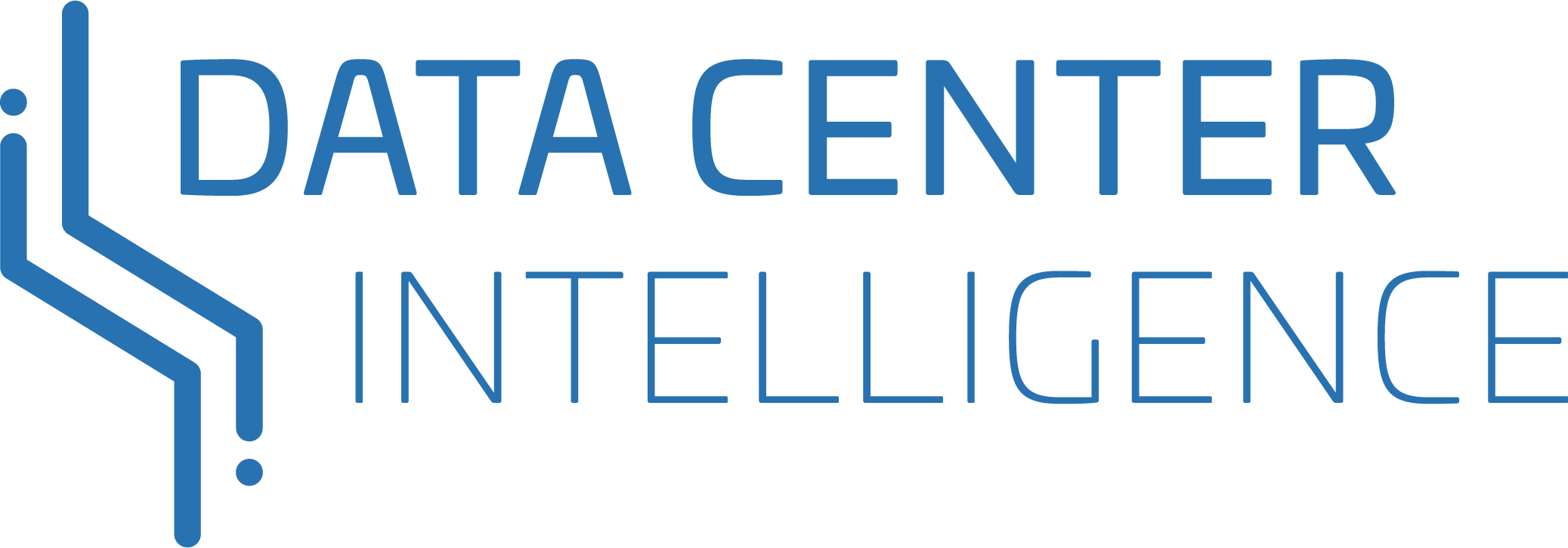

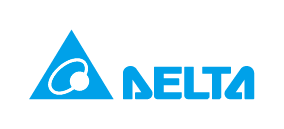
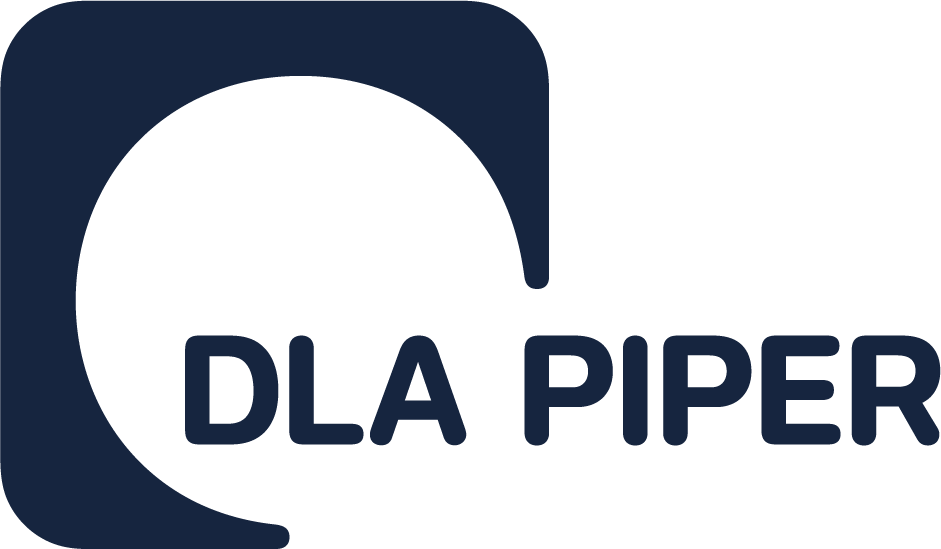
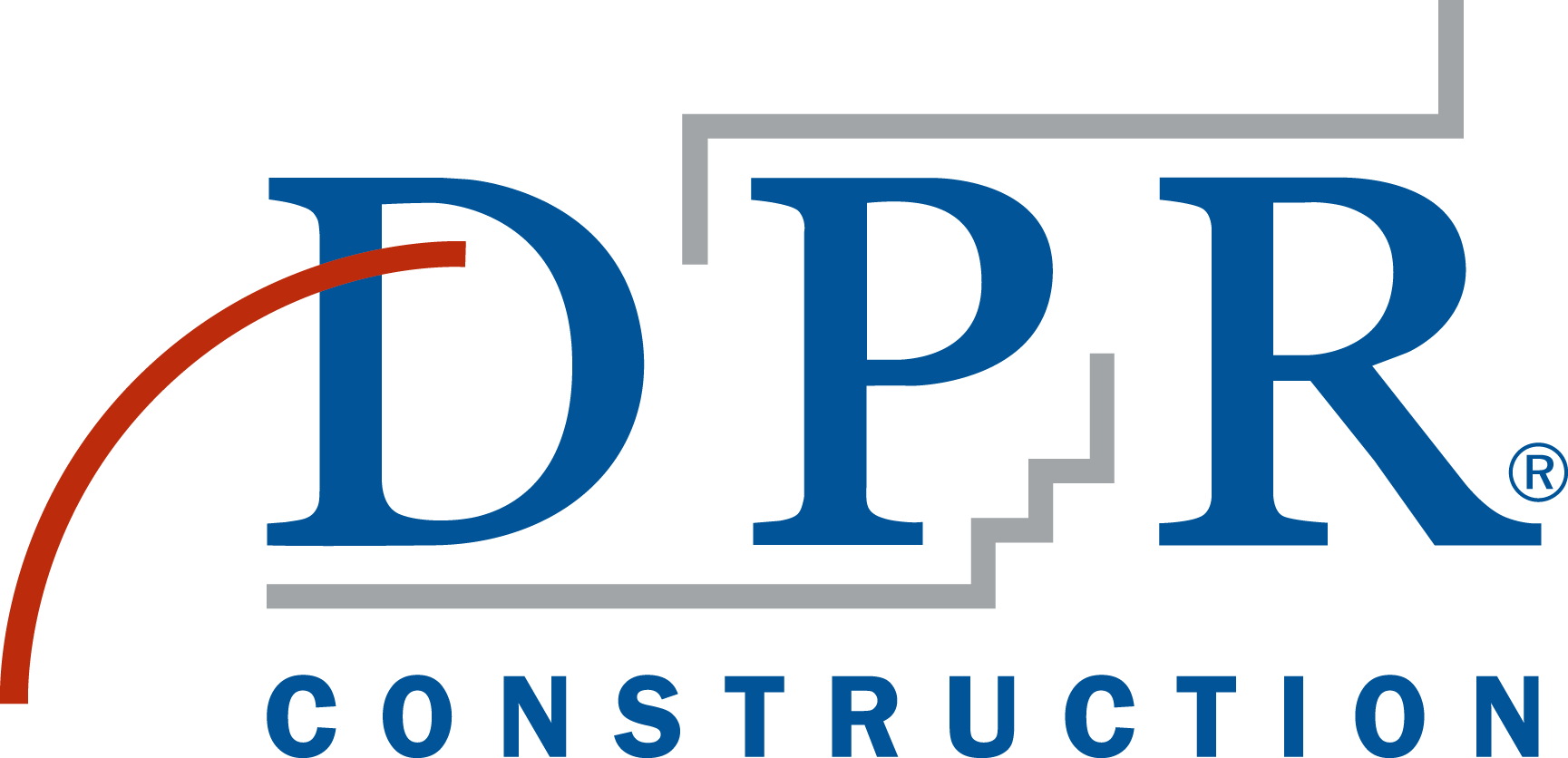
![[Translate to Englisch:] Drees & Sommer](/fileadmin/images/logos/DS_blau.png)


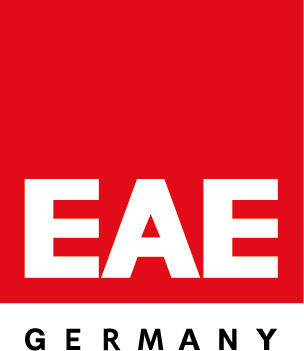
![[Translate to Englisch:] Eaton Electric GmbH](/fileadmin/images/logos/Eaton_Logo.png)


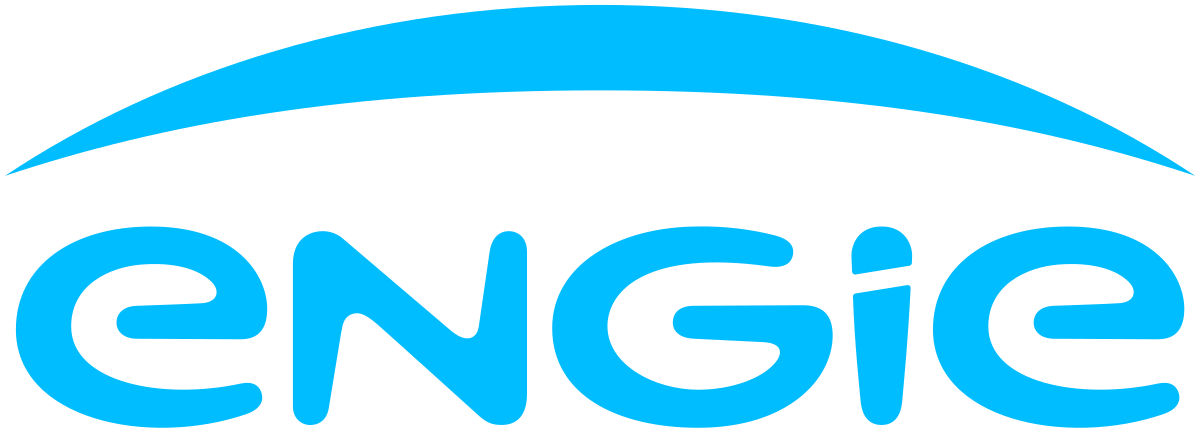
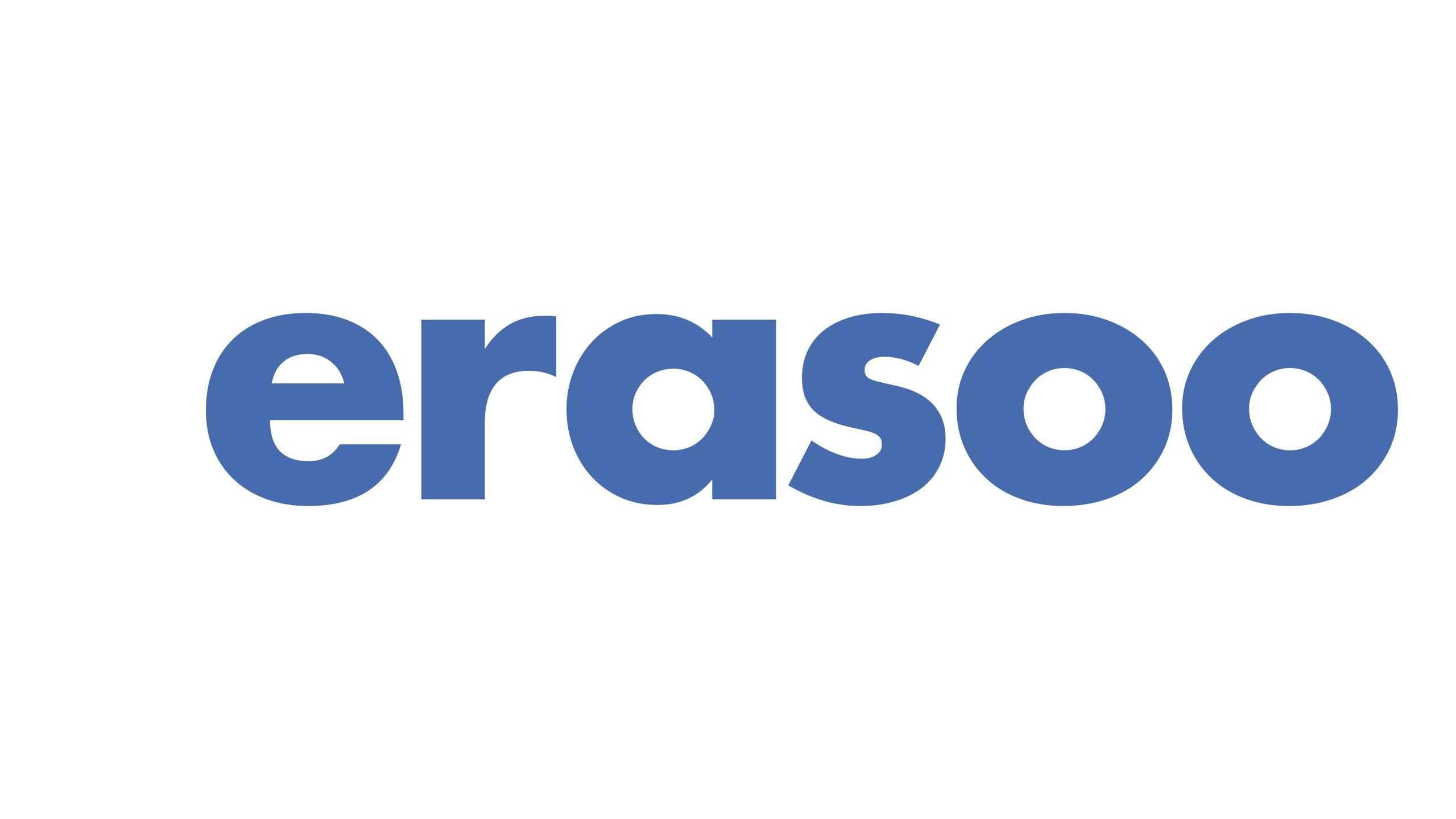

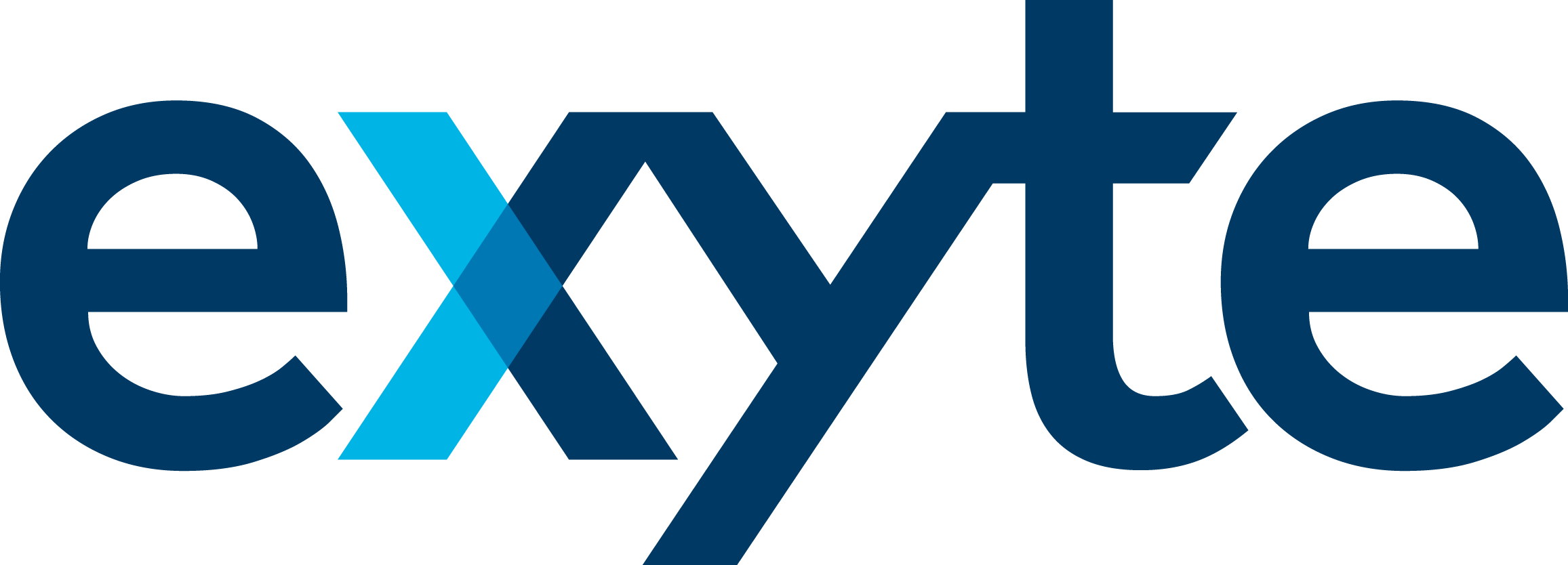
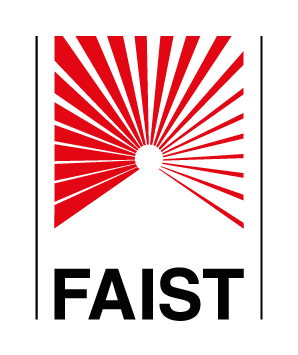









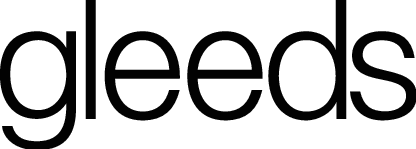

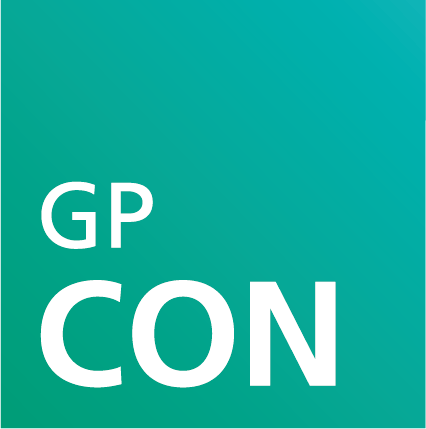


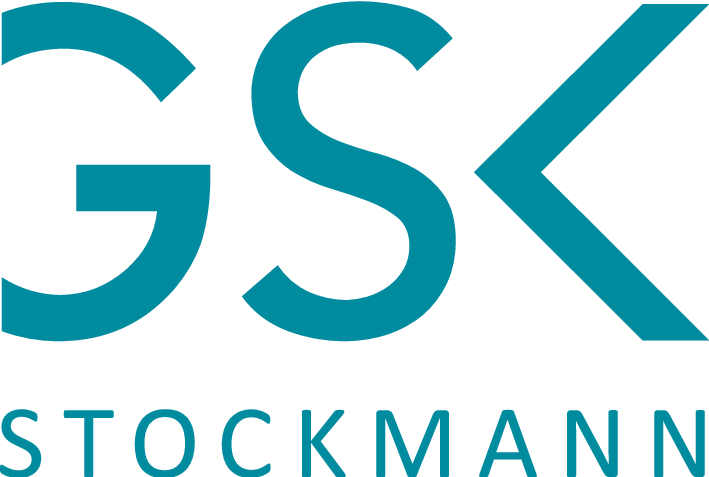

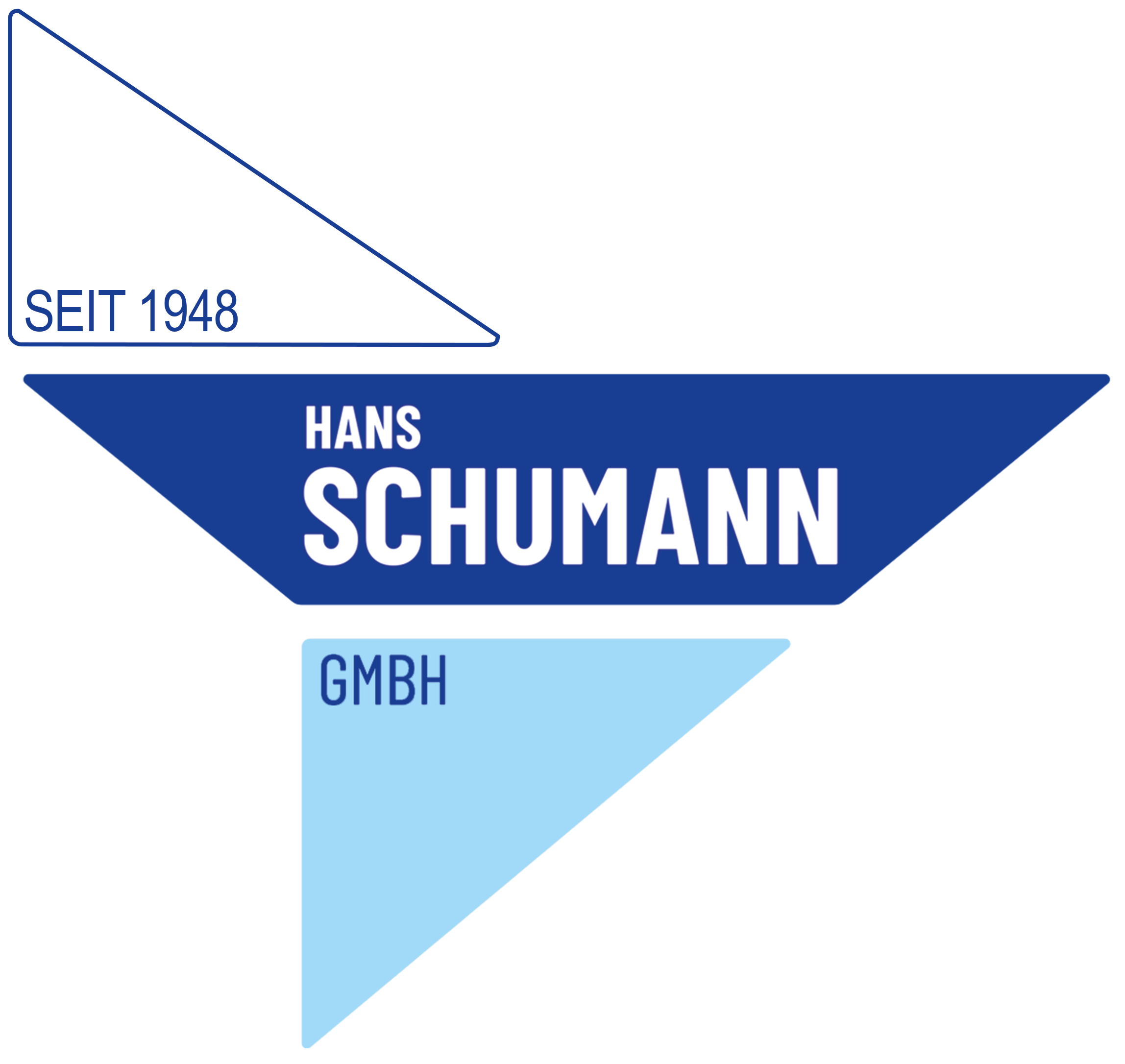
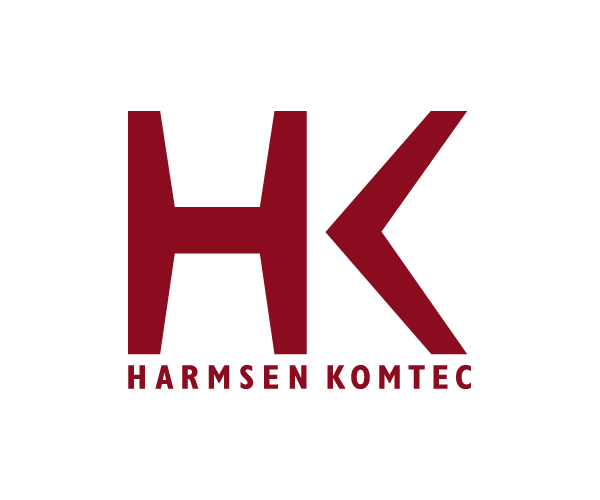

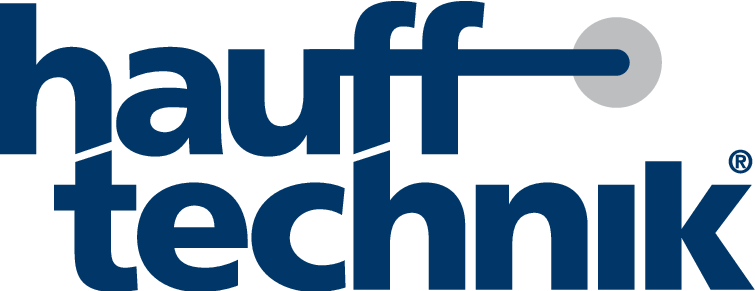






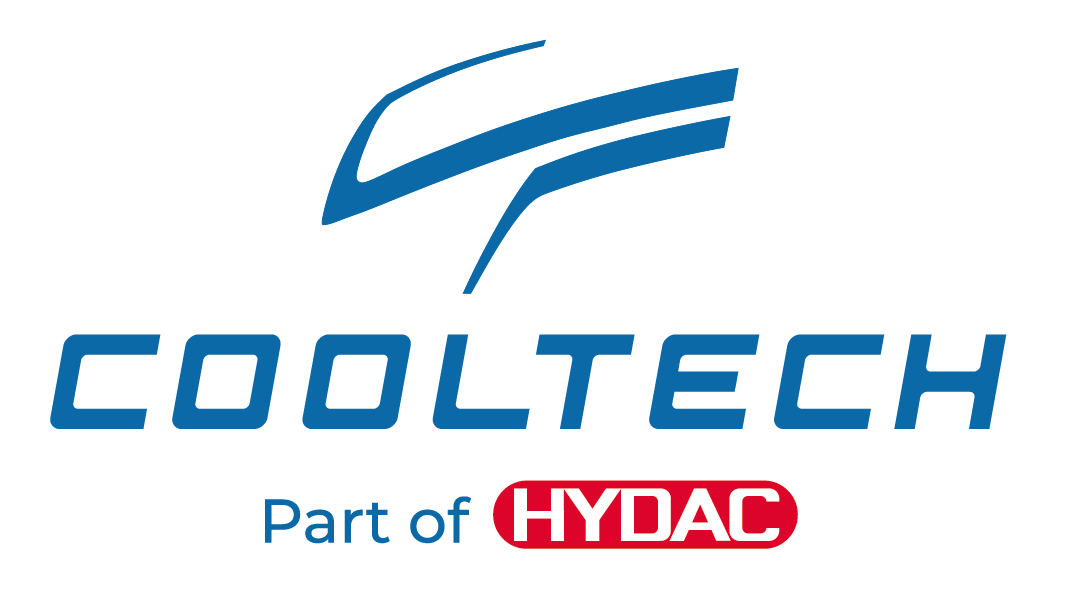
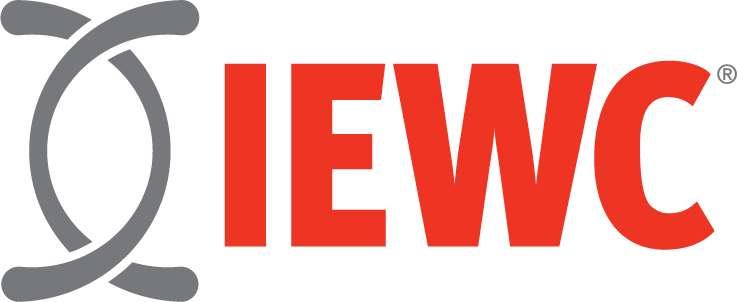




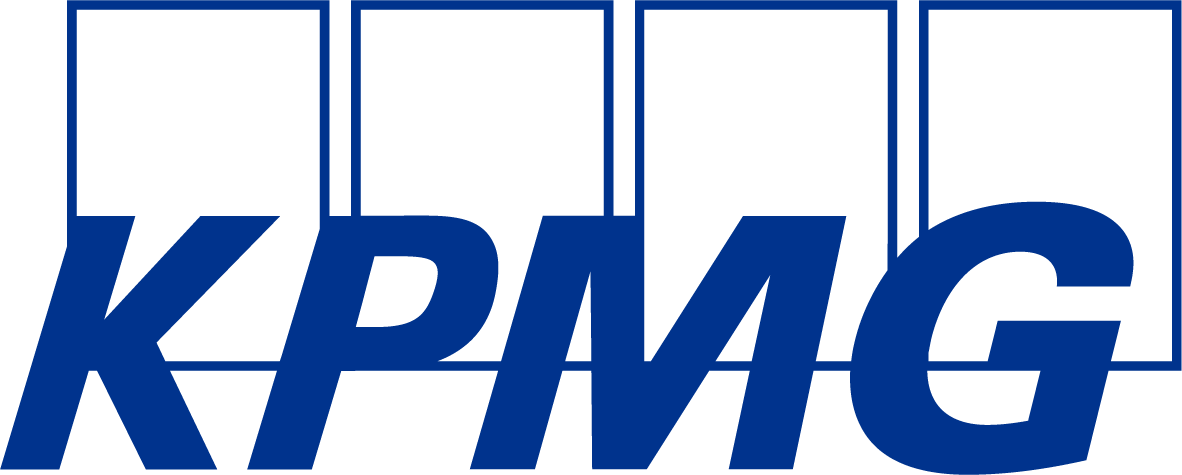

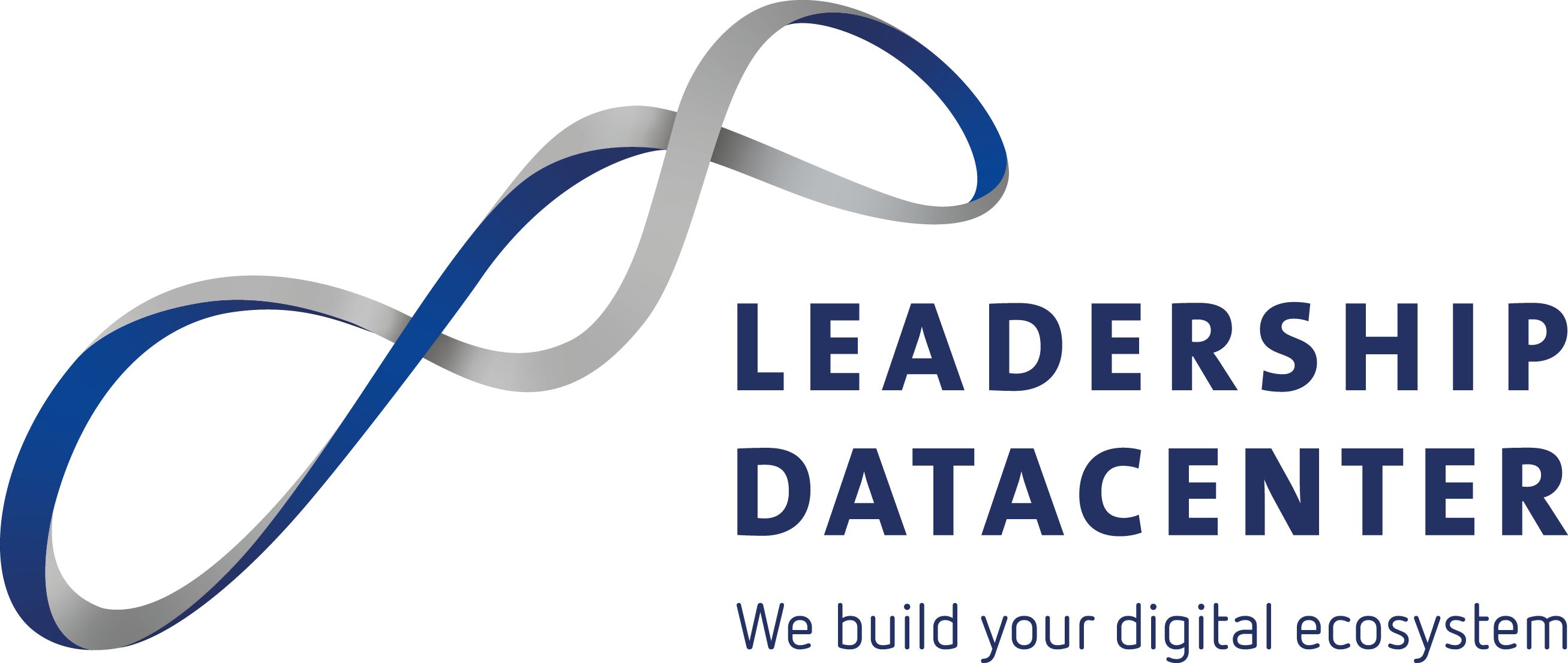

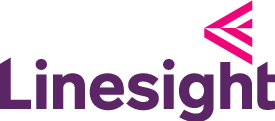


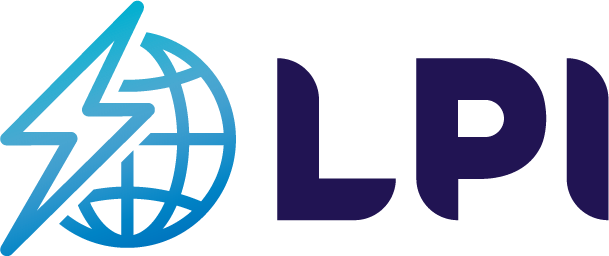

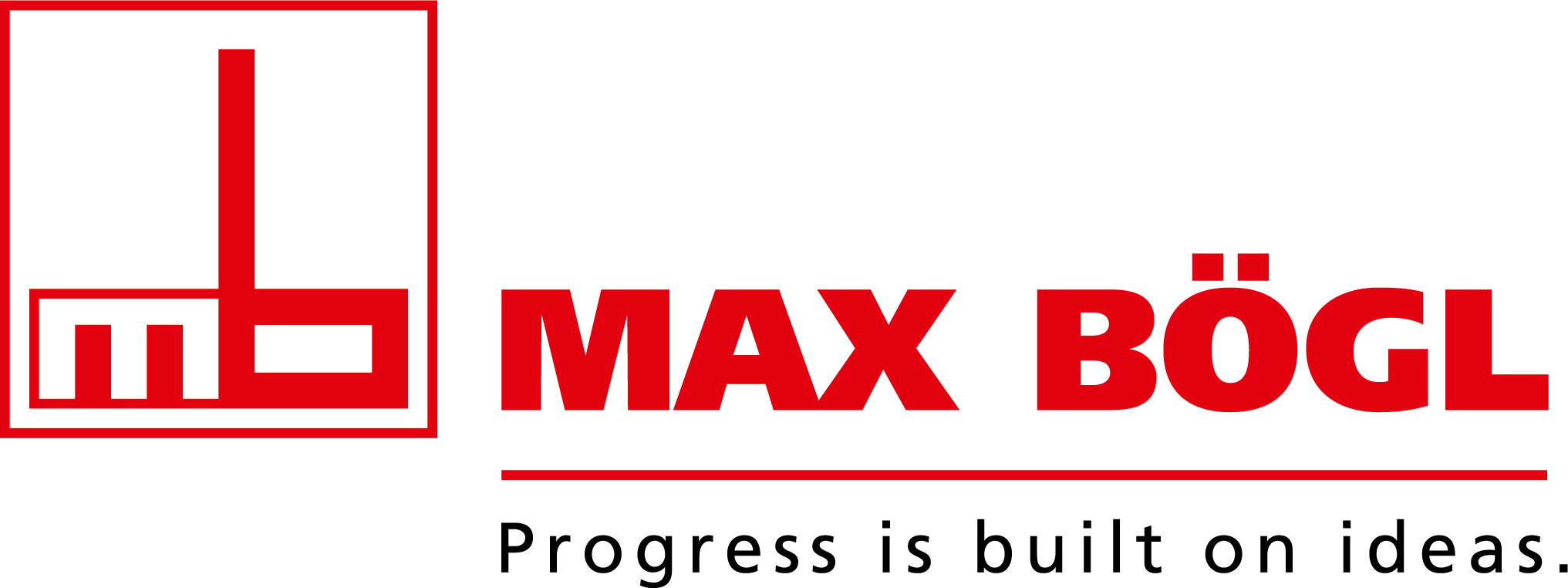




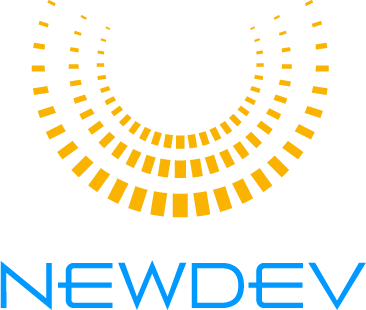


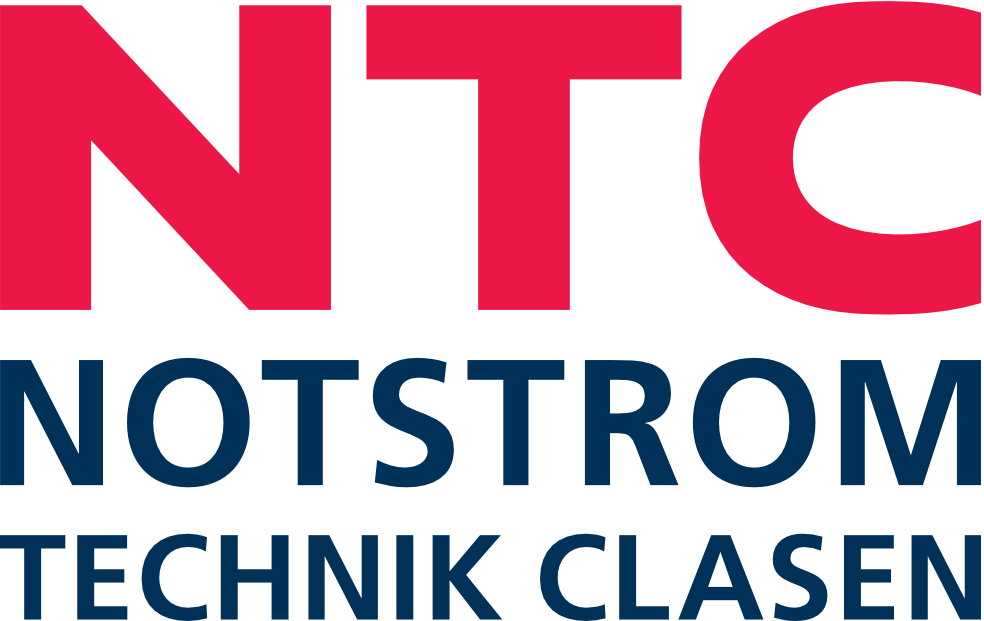
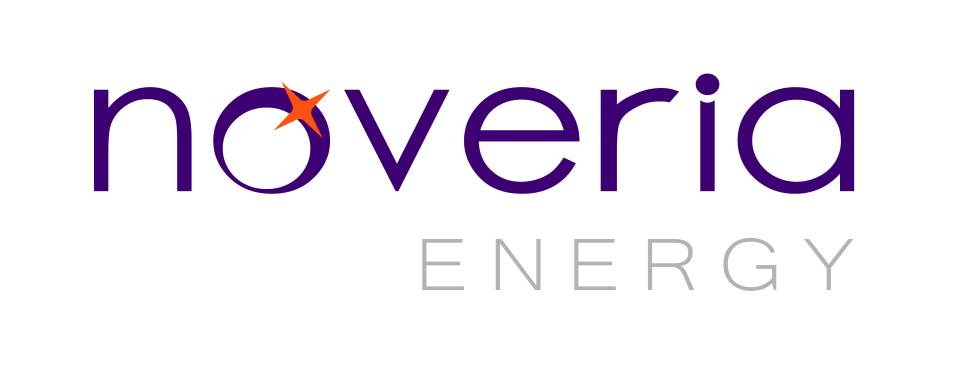


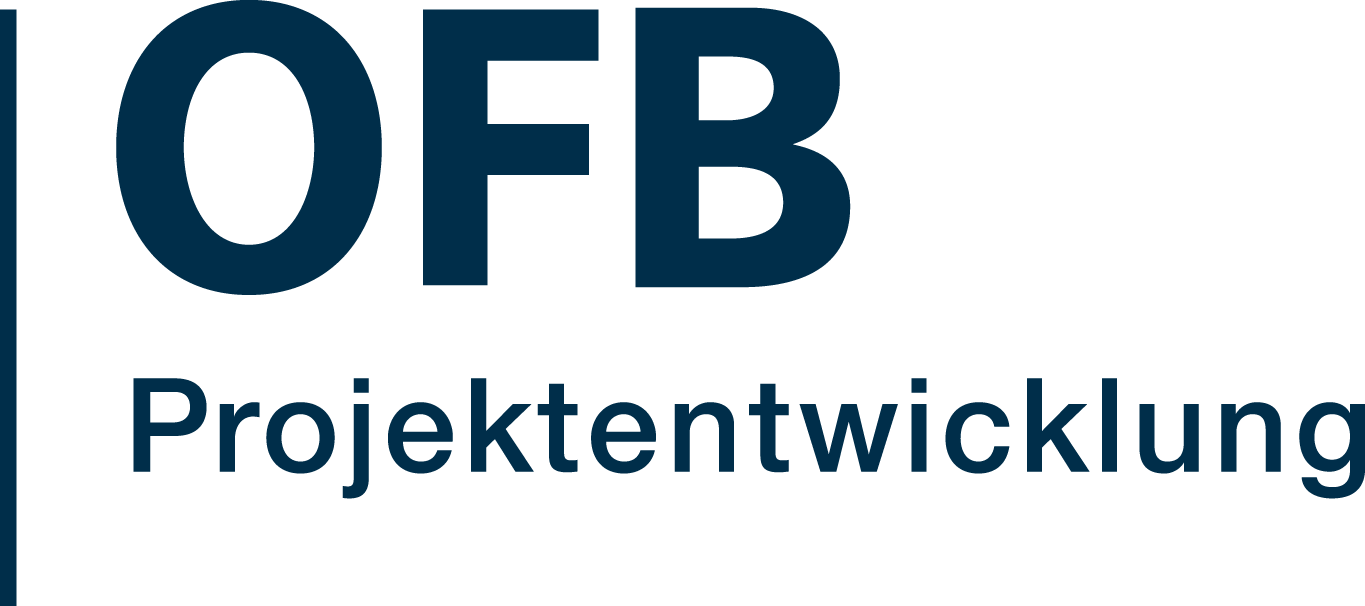
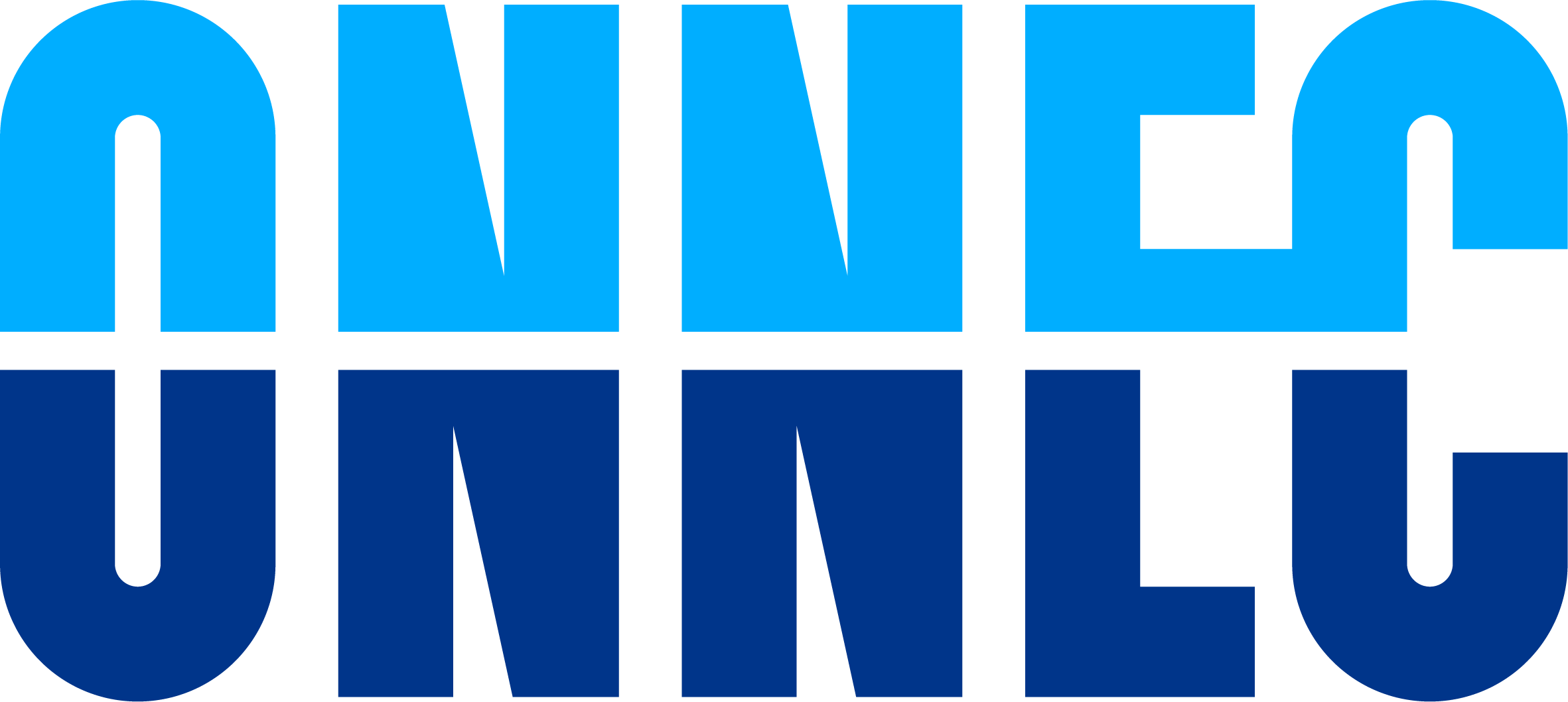



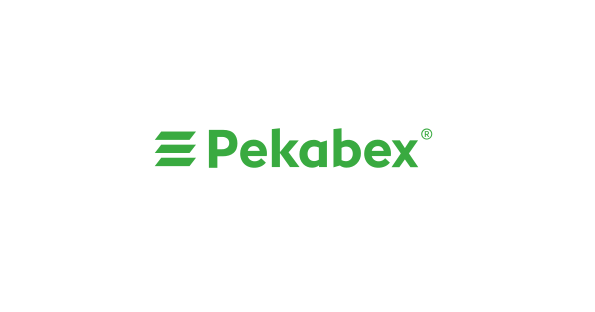







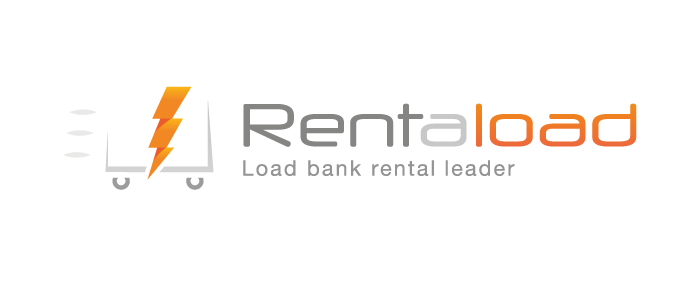

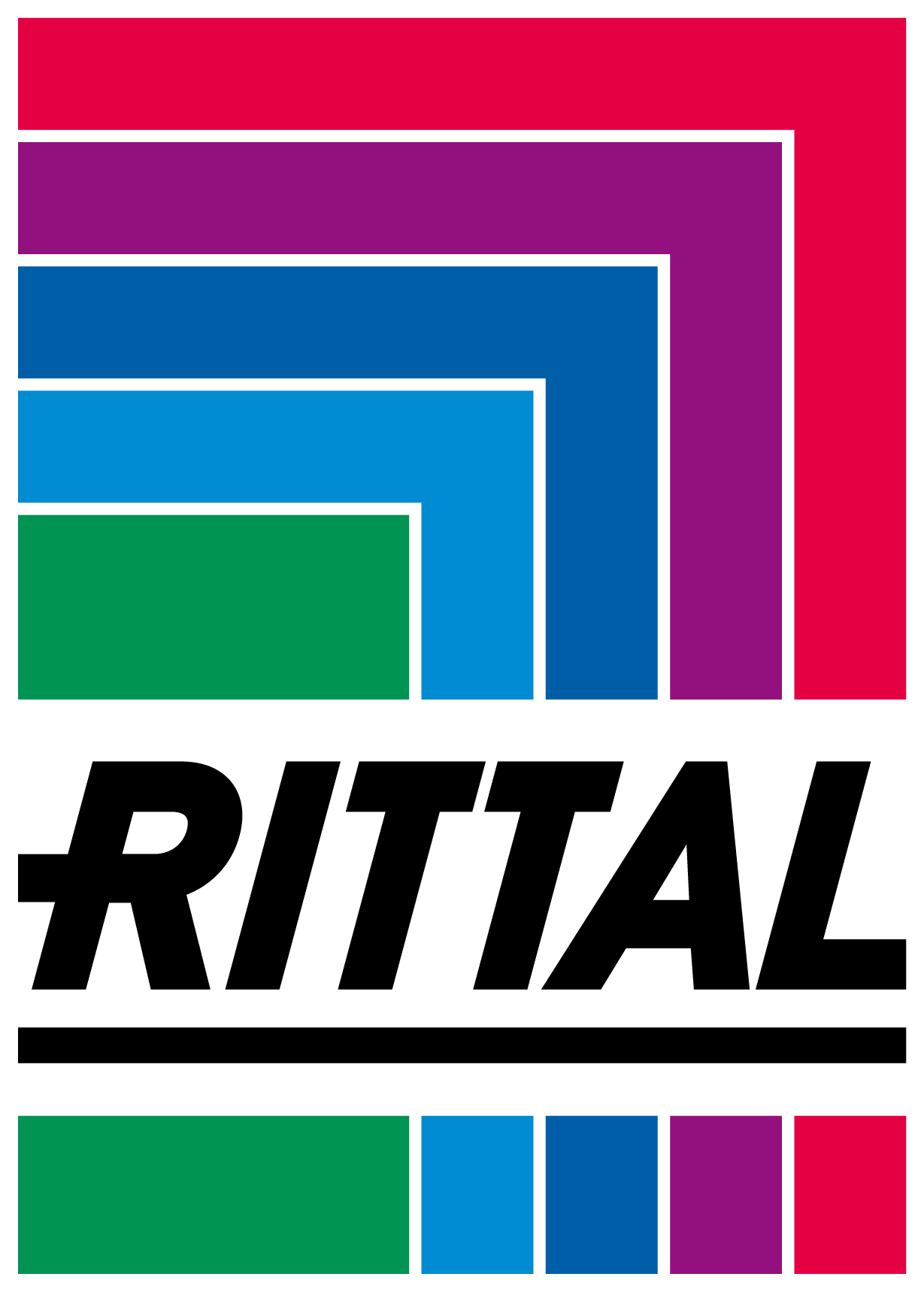

![[Translate to Englisch:] Robert Bosch GmbH](/fileadmin/images/logos/Bosch_symbol_logo_black_red.svg)

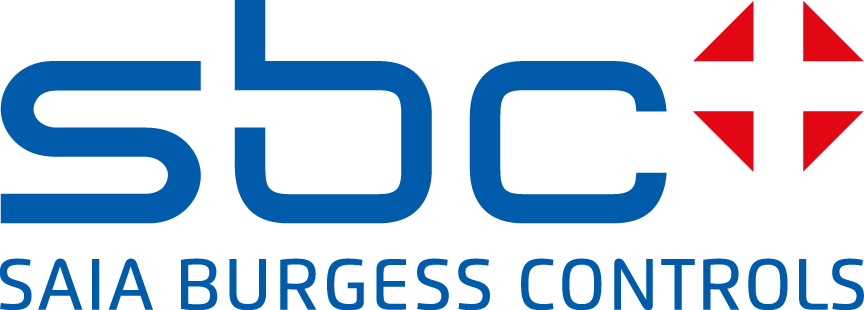



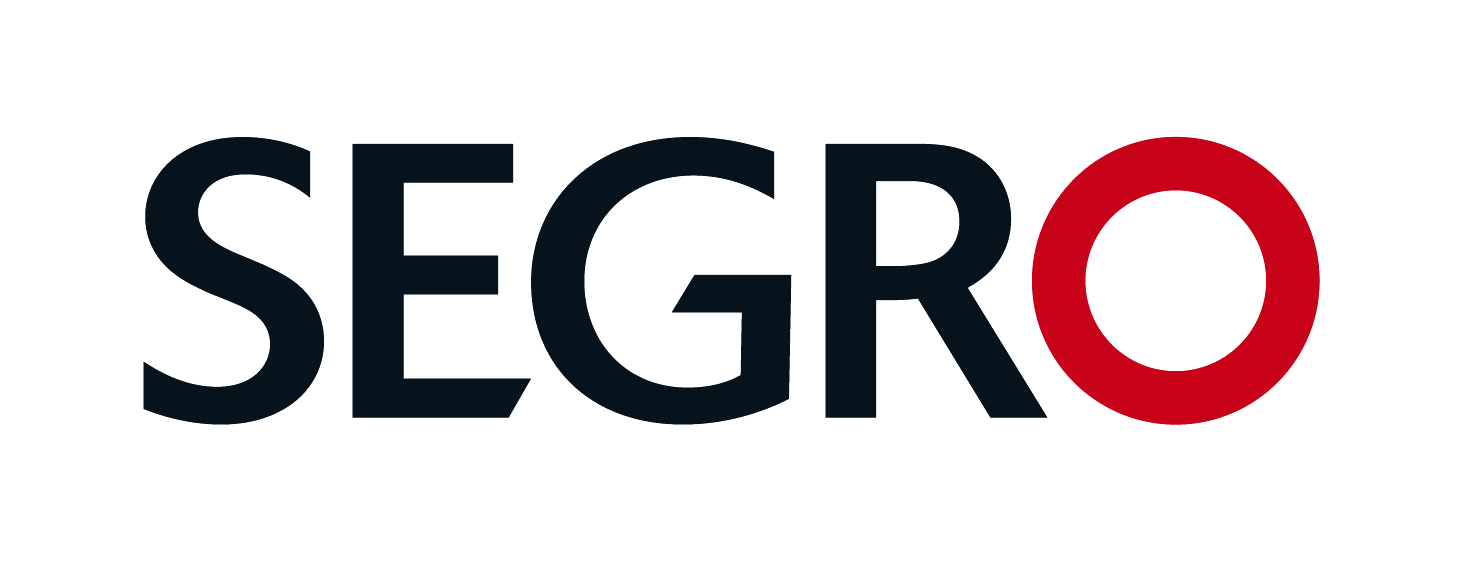
![[Translate to Englisch:] SGB-SMIT GmbH](/fileadmin/images/logos/SGB_SMIT_Logo_CMYK.png)

![[Translate to Englisch:] Sims Lifecycle Services](/fileadmin/images/logos/SLS_RGB.png)

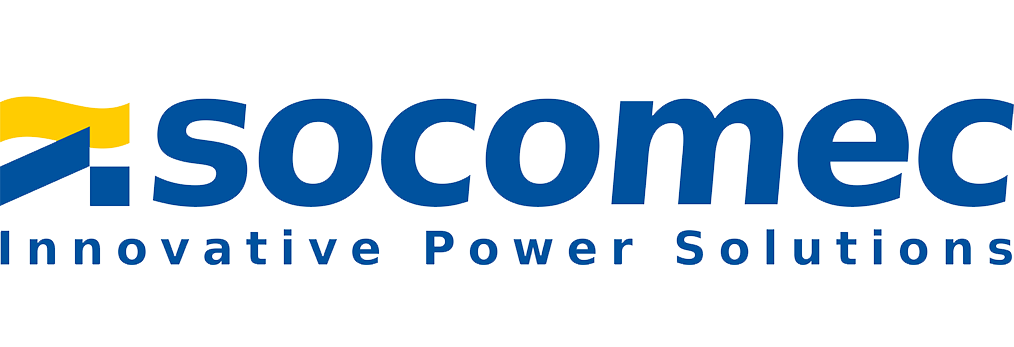
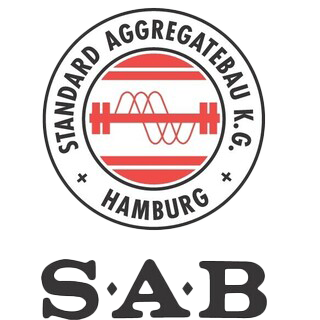






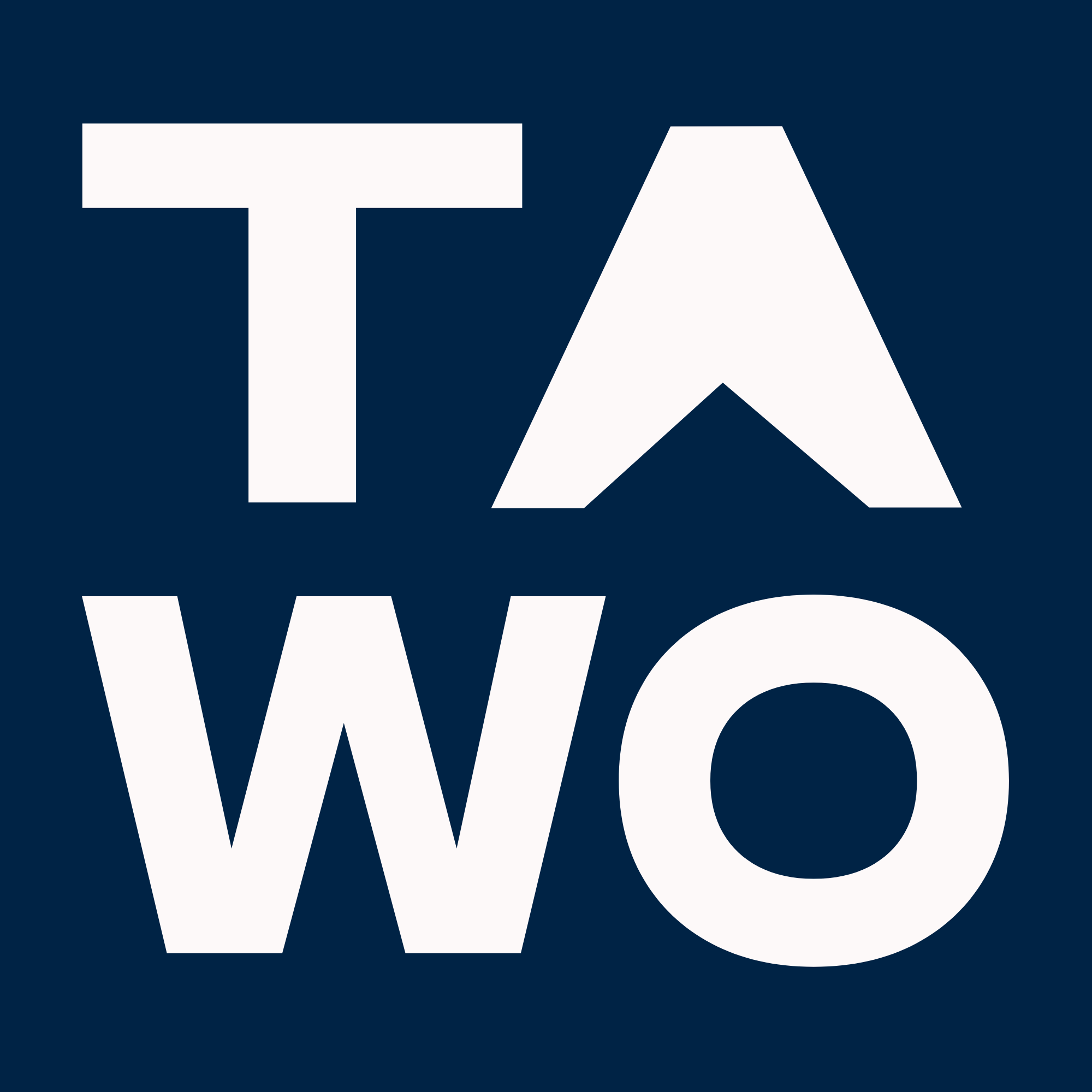


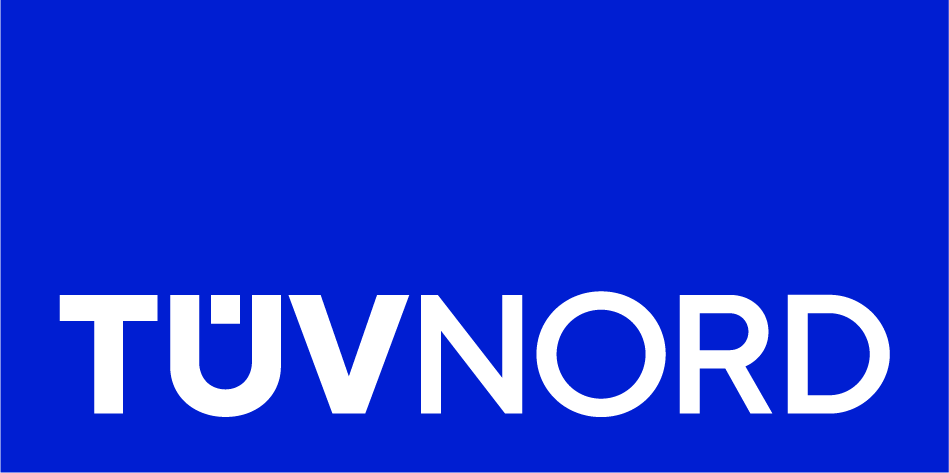
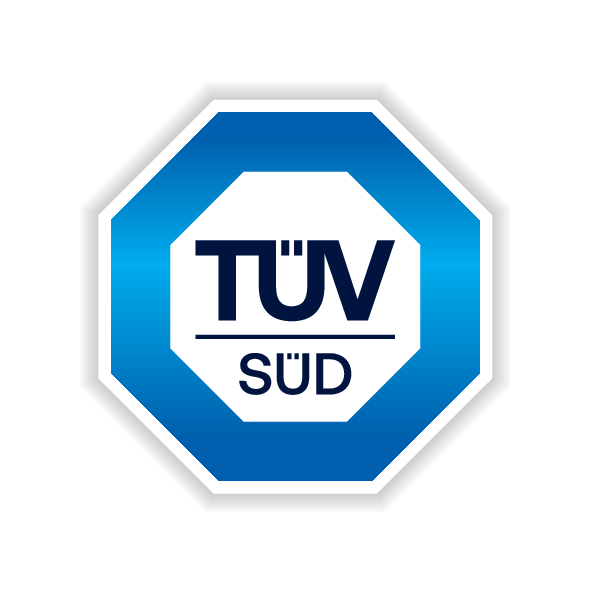
![[Translate to Englisch:] Vertiv](/fileadmin/images/logos/ver_logo_tm_vrt_rgb_blk.png)
